The Nigerian Prince scam, also known as the "419 scam" (named after the relevant section of the Nigerian Criminal Code) is a type of confidence trick that has been perpetrated for decades, primarily via email but also through other means such as letters, faxes and phone calls. It typically involves a scammer posing as a wealthy individual—often a Nigerian prince, government official, or member of a wealthy family—who claims to have a large sum of money that they need help transferring out of their country due to various reasons such as political instability, inheritance issues or legal restrictions. It is generically referred to as an “advance-fee fraud”.
You likely know the drill: the scammer spins a convincing tale about their situation, which typically involves some form of urgency or crisis. They may claim to be in exile, facing persecution, or trying to avoid taxes or government seizure of their assets, offering the victim a substantial sum of money in exchange for assistance with transferring the funds out of the country. They promise the victim a generous commission or share of the funds as a reward for their help.
Once the victim has sent money or provided personal information, the scammer typically disappears, leaving the victim defrauded and with little recourse for recovering their losses.
The Nigerian Prince scam has been up and running since the early days of the Internet, but its origins precede the digital age. The most famous predecessor of the 419 fraud is a swindling scheme called The Spanish Prisoner, which kicked off in the 19th century.
Despite widespread awareness of the Nigerian Prince scam, it continues to be successful to this day due to the persuasiveness of the scammers, their ability to manipulate victims' emotions, and the allure of easy money.
And why Nigeria?
At the end of the 20th century, when the Internet was still in its early stages, Nigeria became one of the biggest hubs for online fraud. This fraudulent scheme circulated so widely that it soon became a cliché, giving a new name to the not-so-new advance-fee scam.
Unfortunately, the connection between this ploy and Nigeria means people assume Nigeria is its origin. While some of these letters do originate in the country – around 6% – far more come from the United States. But because the emails mention Nigeria by name, people assume the sender is Nigerian, something that understandably irritates and unfairly prejudices the actual upstanding residents of Nigeria.
Also, there's a cool study by Cormac Herley from Microsoft Research called "Why do Nigerian Scammers Say They are from Nigeria?" which essentially contends that a great way to find the people gullible enough to fall for an email scam are to find ones who have never heard of a Nigerian Prince scam. And, for the same reason, perpetrators Intentionally make their letters look bad to weed out skeptics. Hence the linguistic missteps.
Finally, in 2003 the American performance artist Ze Frank made a video wherein he recites the contents of a Nigerian spam letter that he has memorised verbatim, complete with odd phrasing and grammatical mistakes. It’s funny. Watch it HERE.
Story Idea: Remo Giuffré
__________________________
References
https://en.wikipedia.org/wiki/Advance-fee_scam
https://www.microsoft.com/en-us/research/wp-content/uploads/2016/02/WhyFromNigeria.pdf
https://www.ranker.com/list/history-of-nigerian-prince-trick/melissa-brinks
Images
1. Nigerian Prince Scam
2. Sample scam
3. Nigeria via Wikipedia
4. Gullible Keanu meme
5. Video: Request, Ze Frank, 2003





























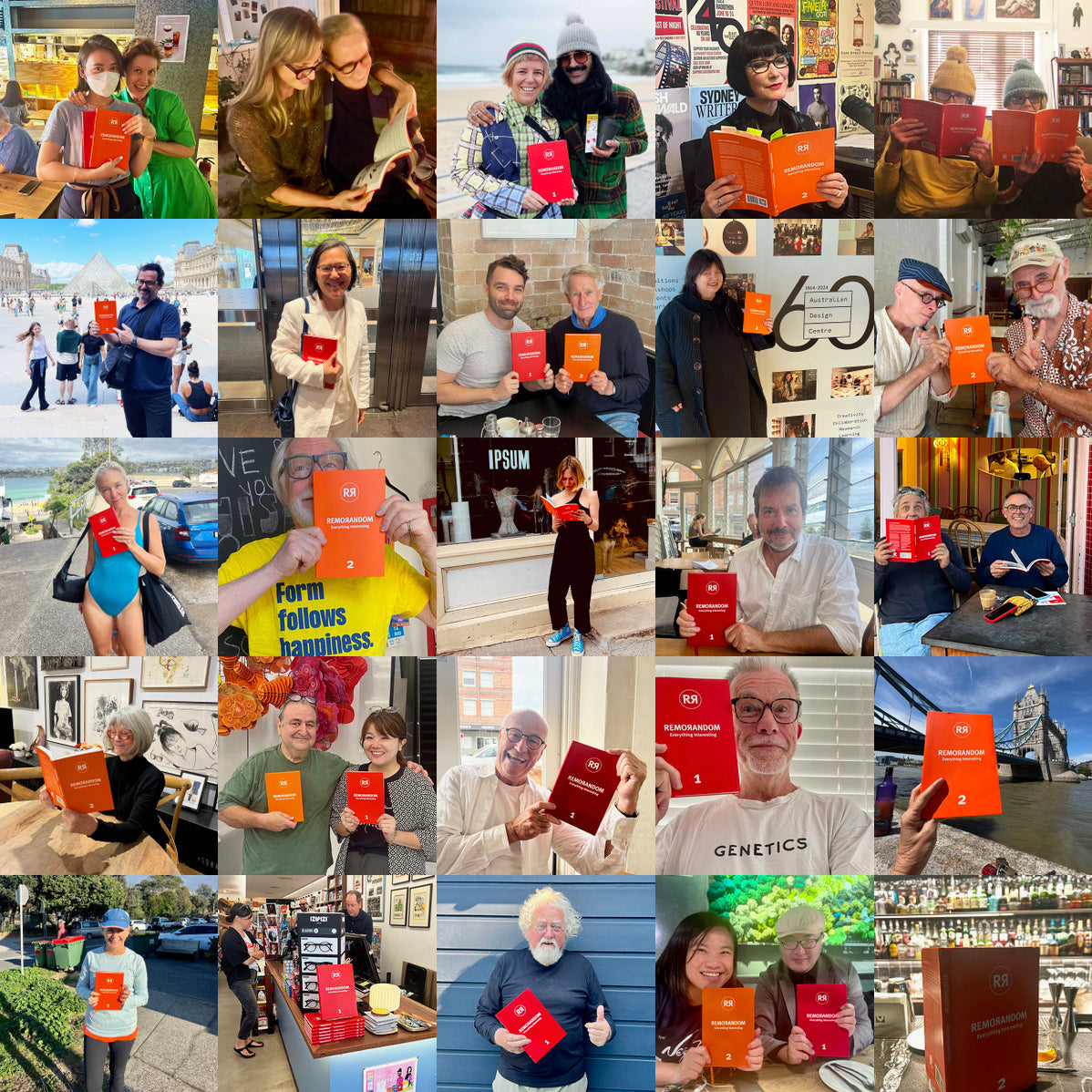



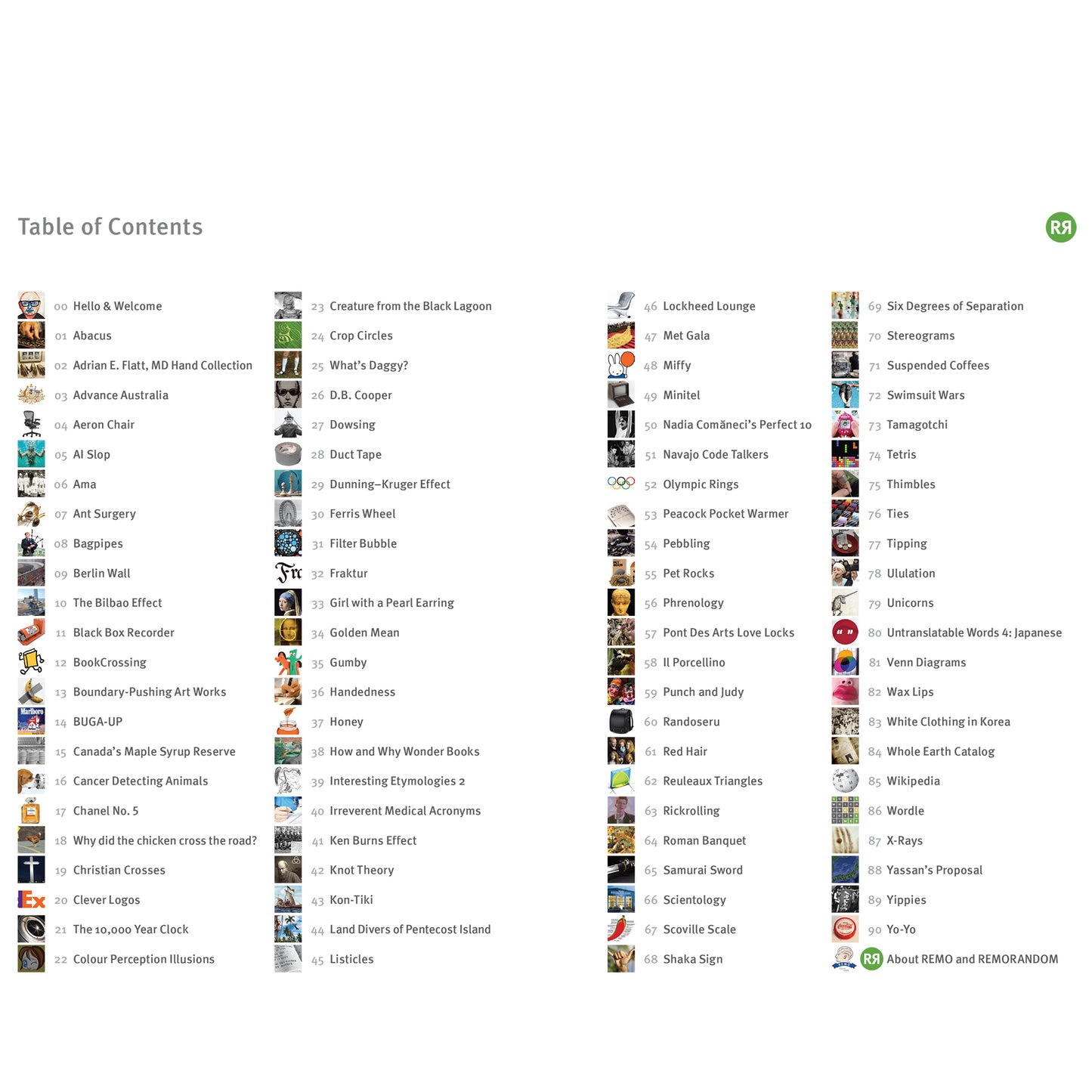




































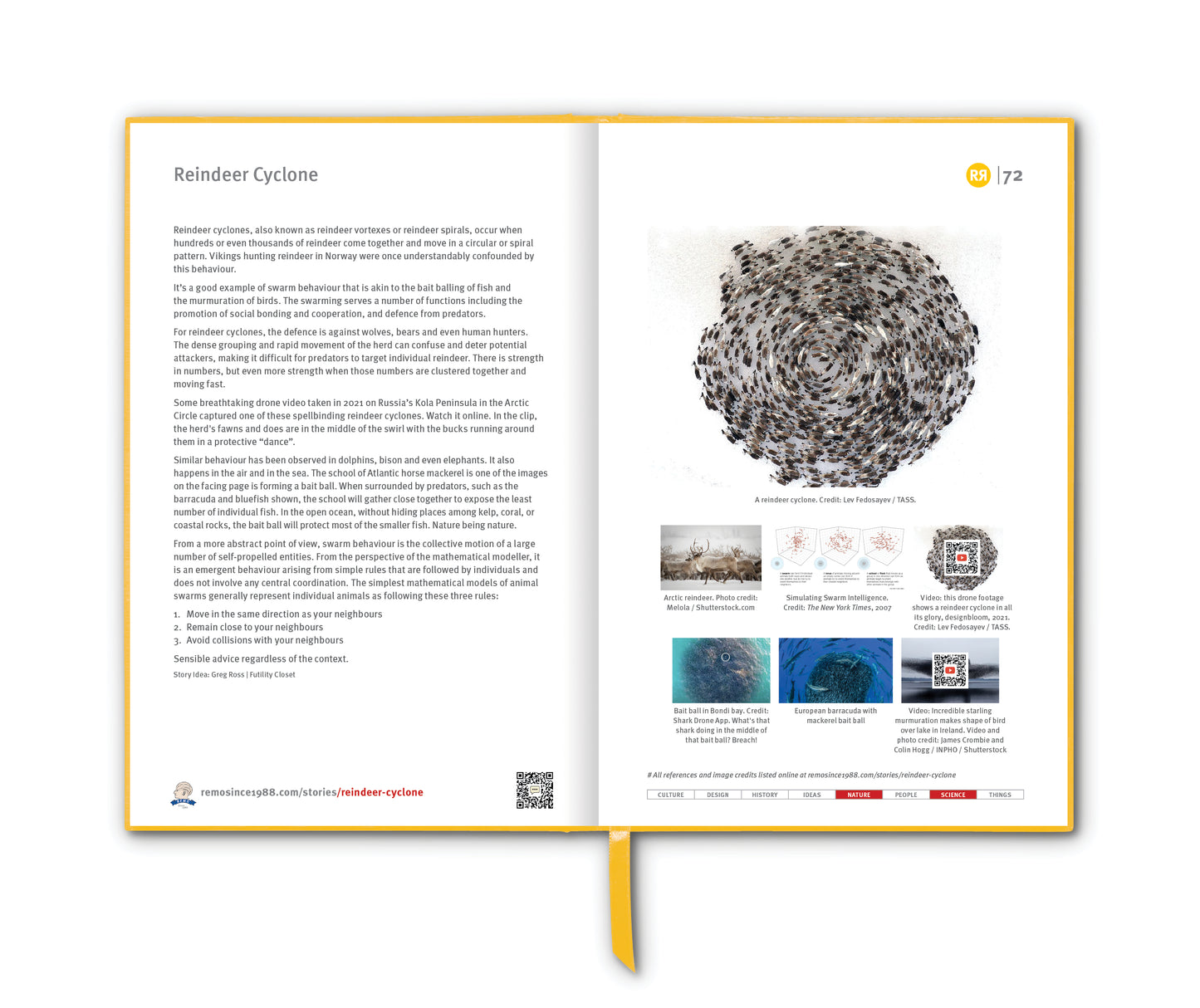


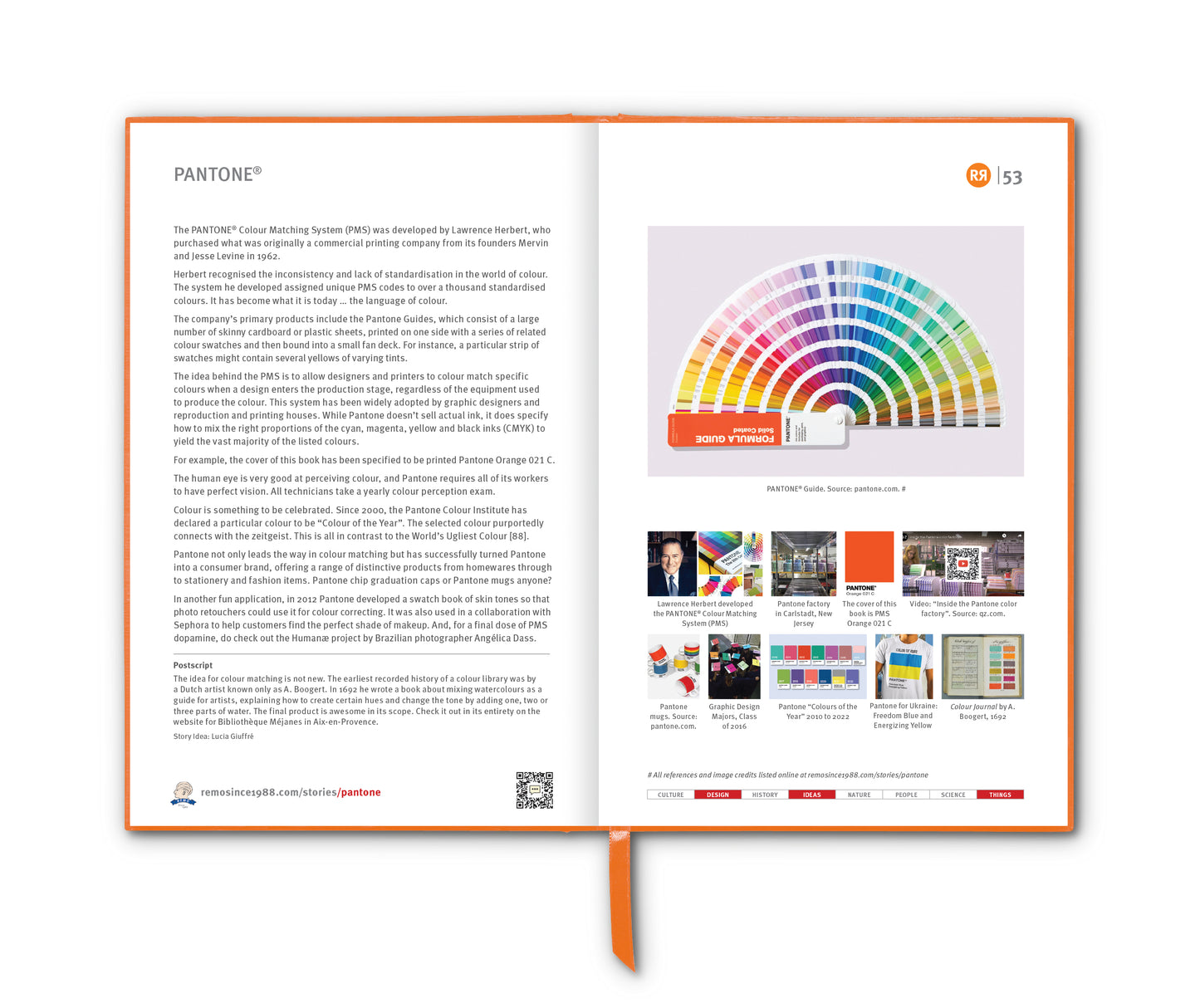
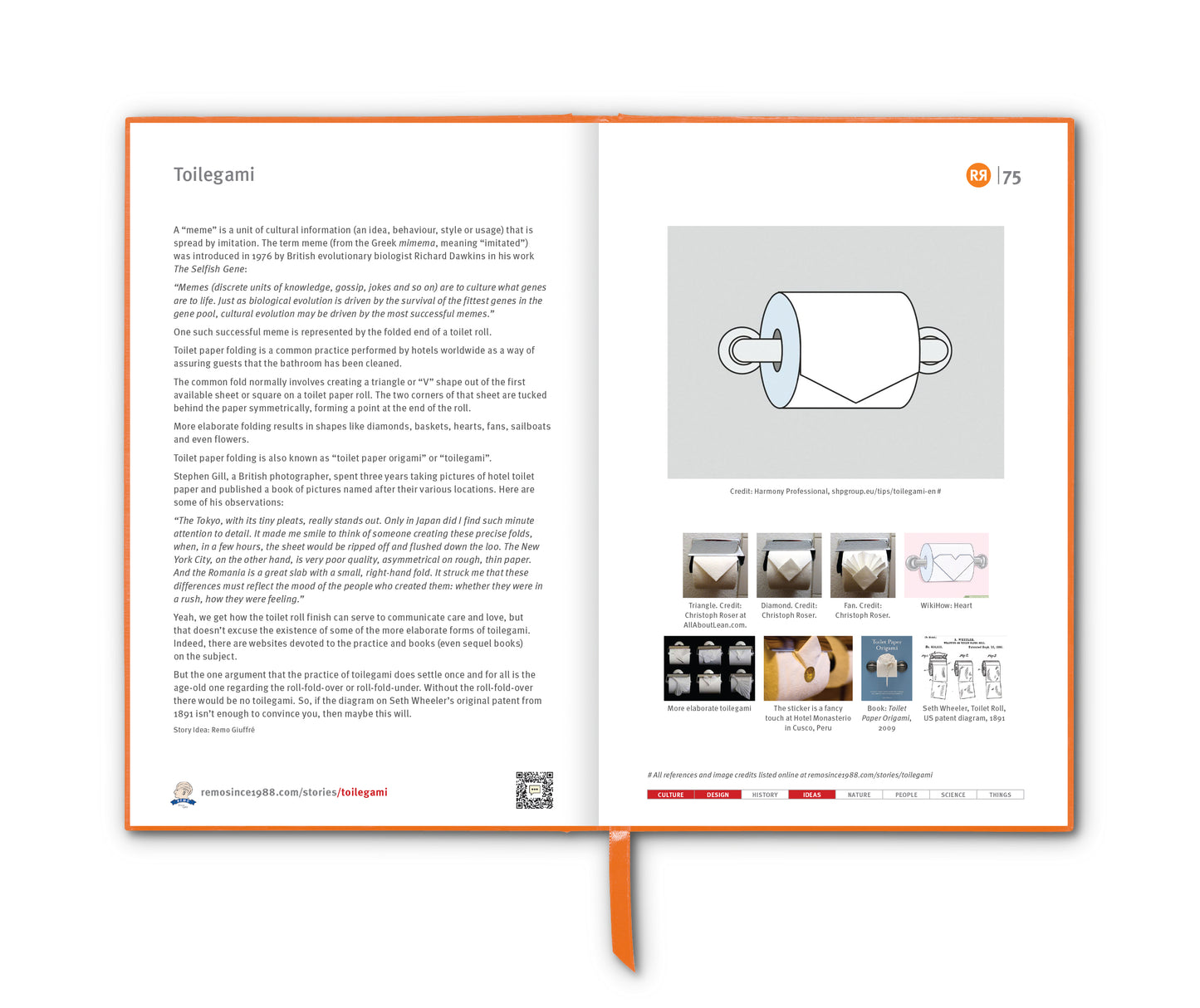
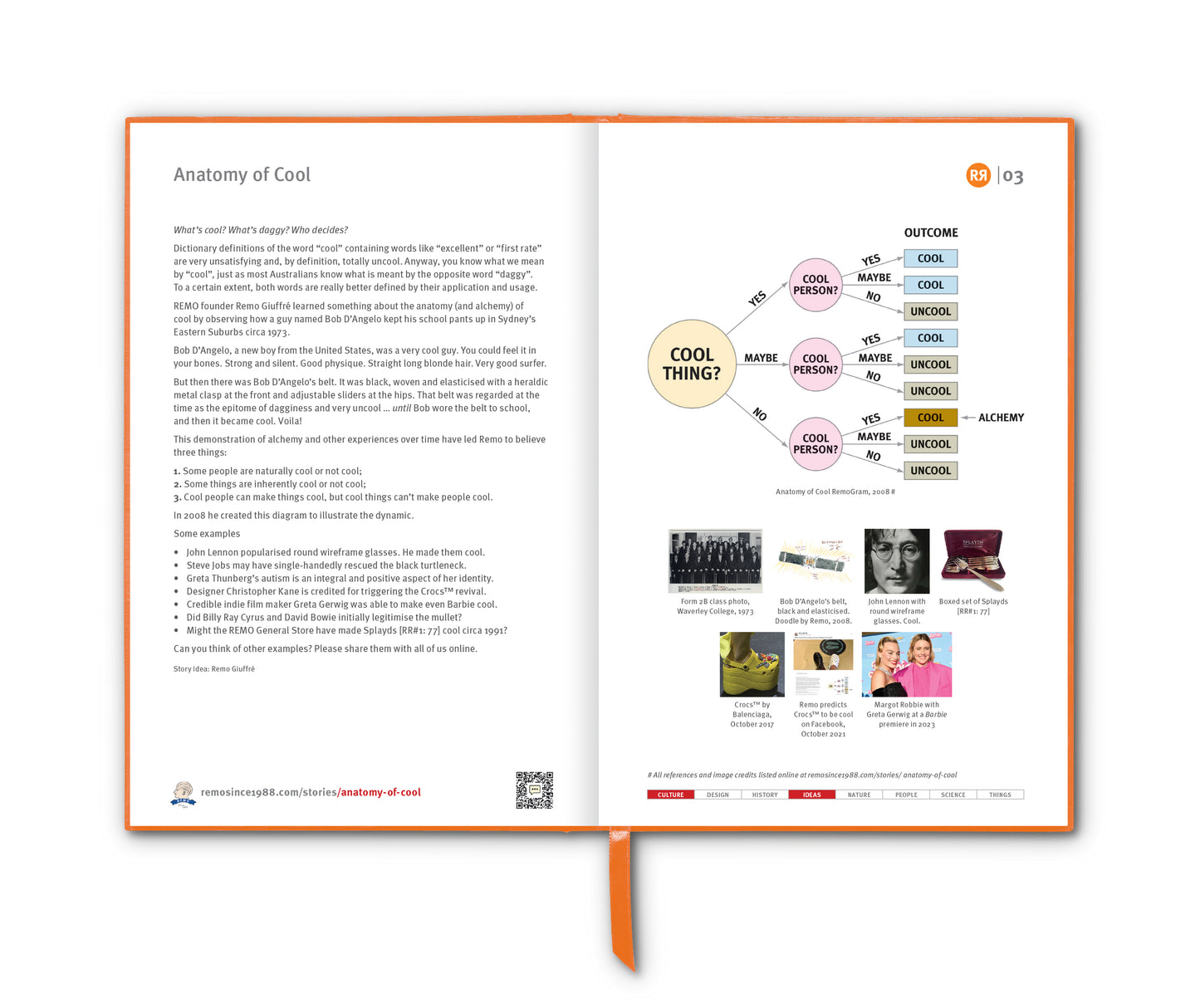
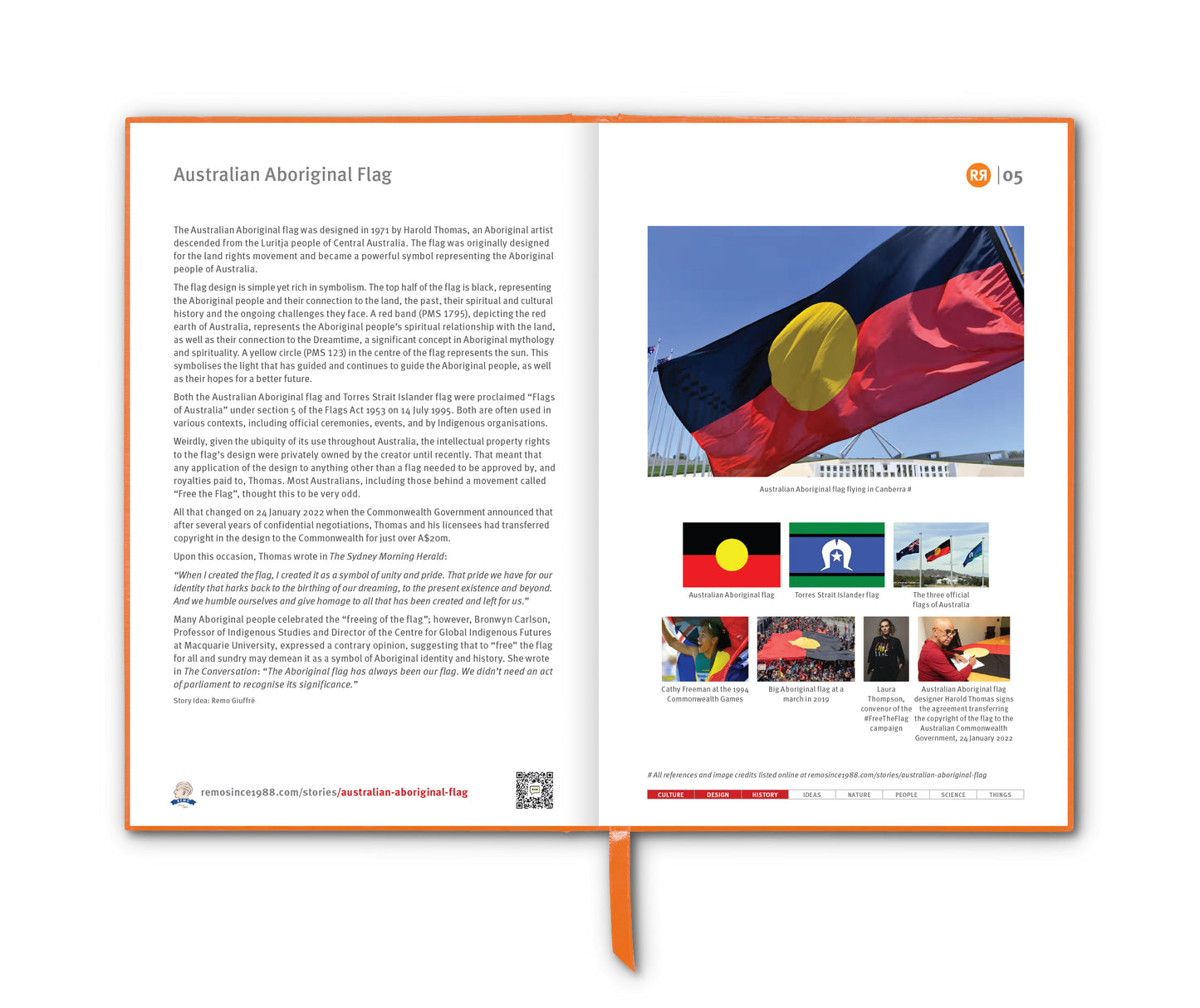
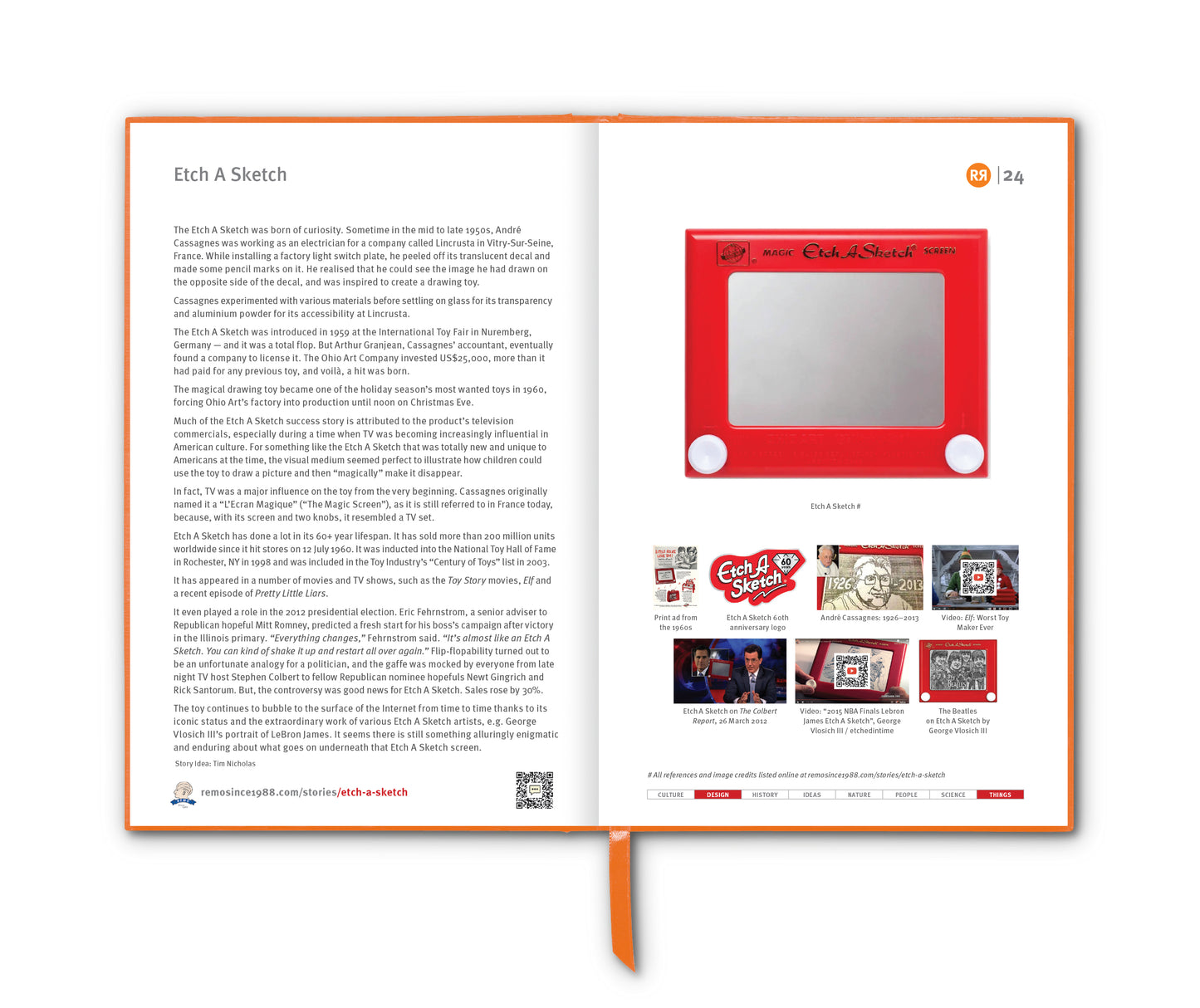
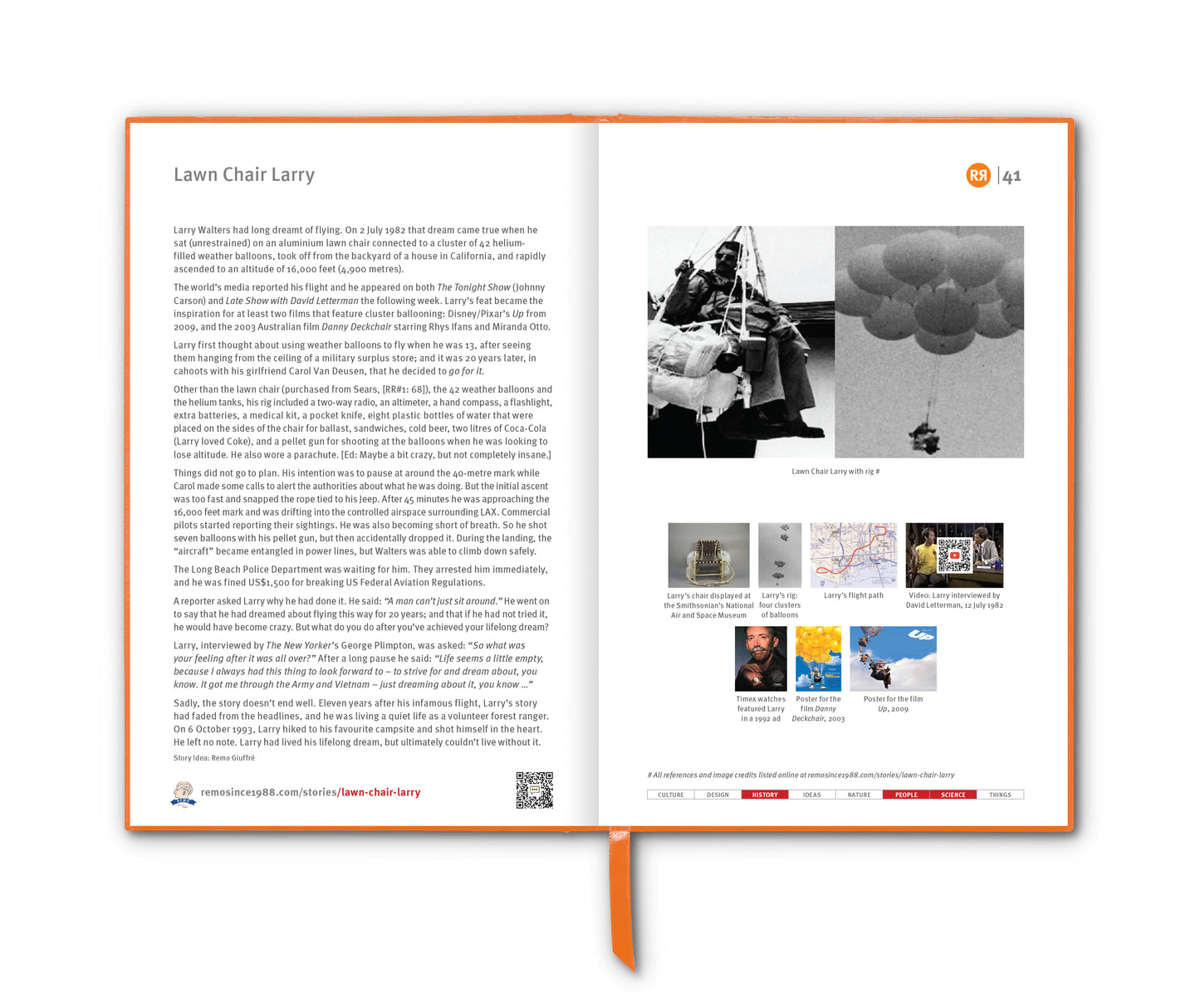
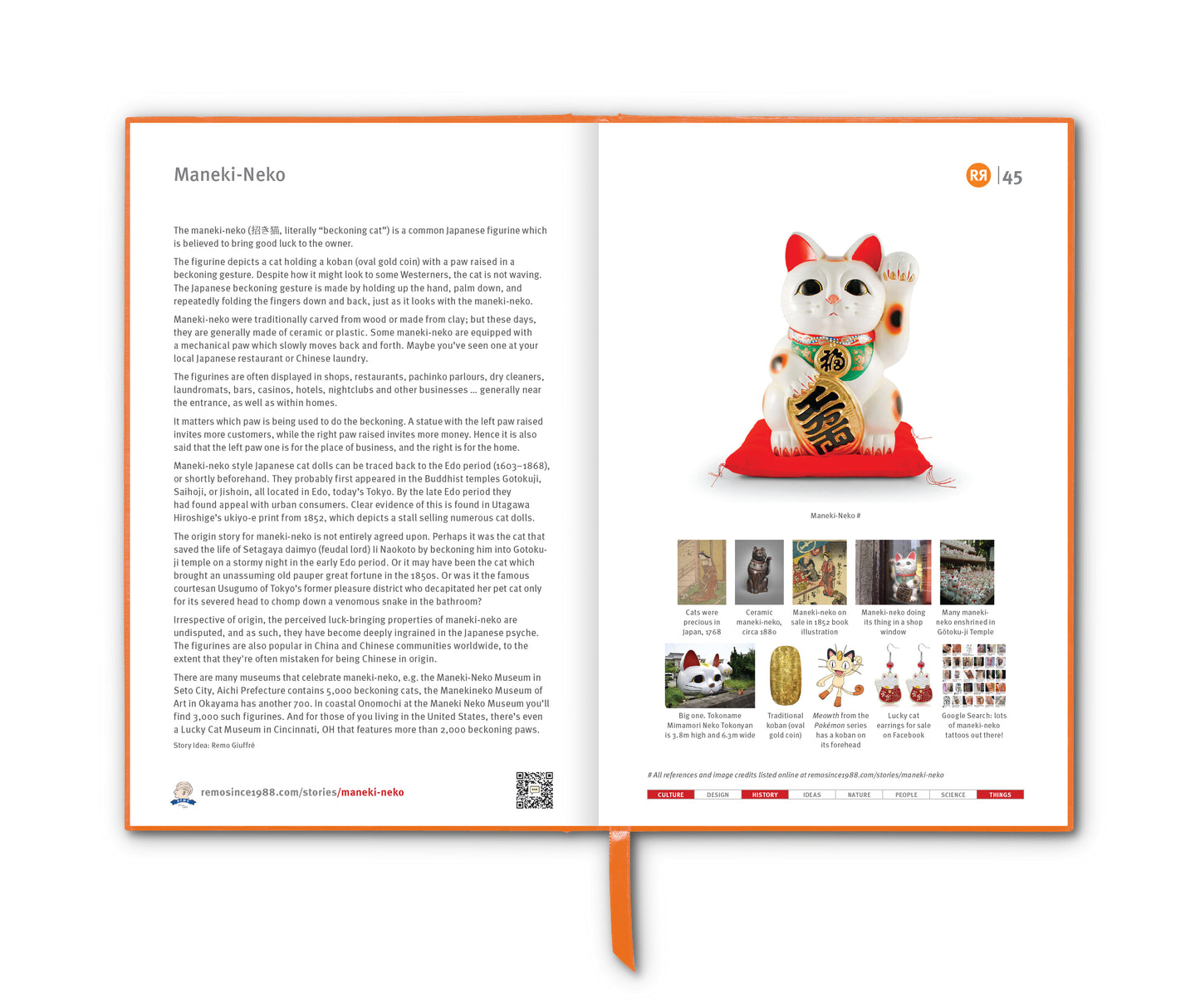
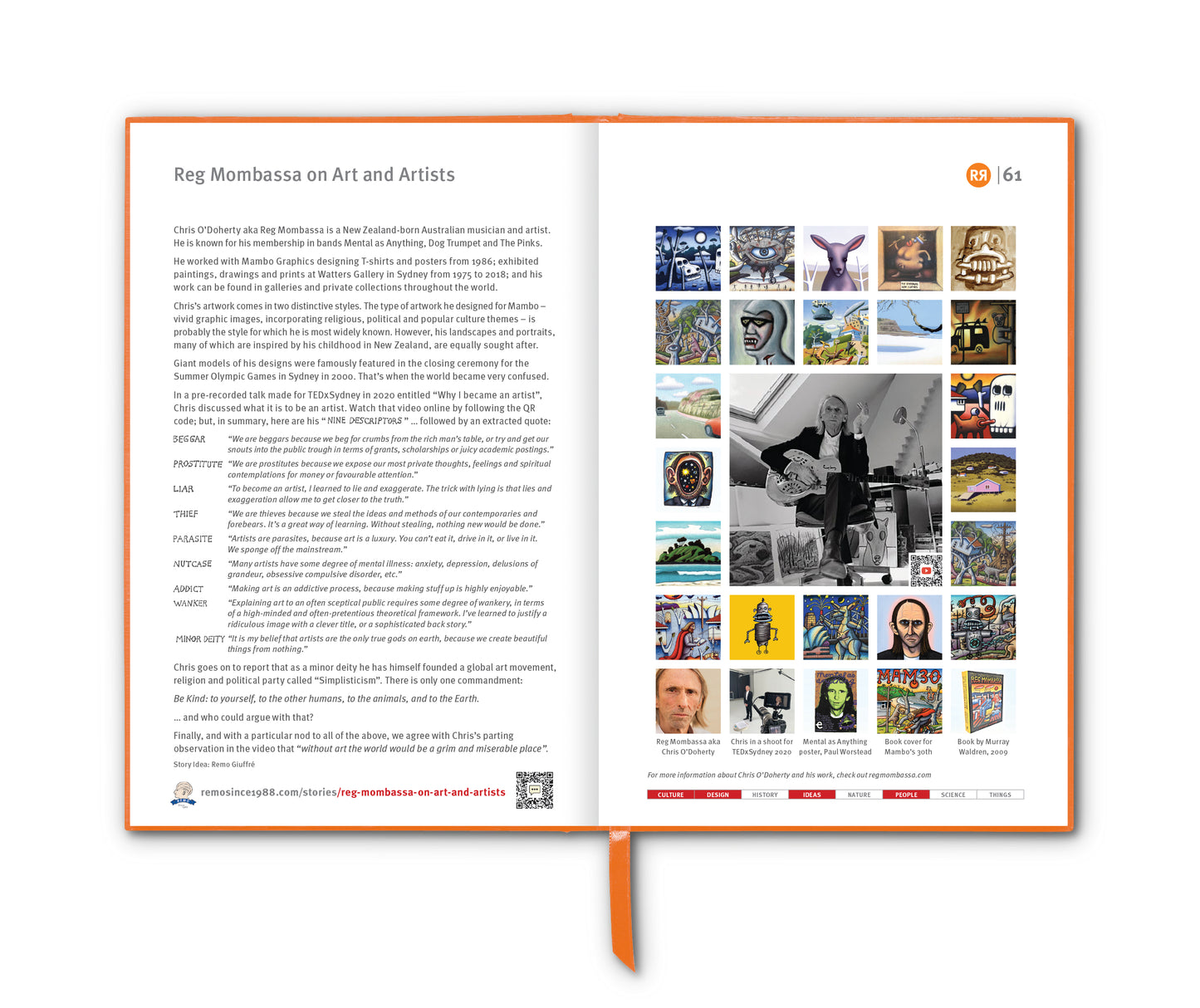
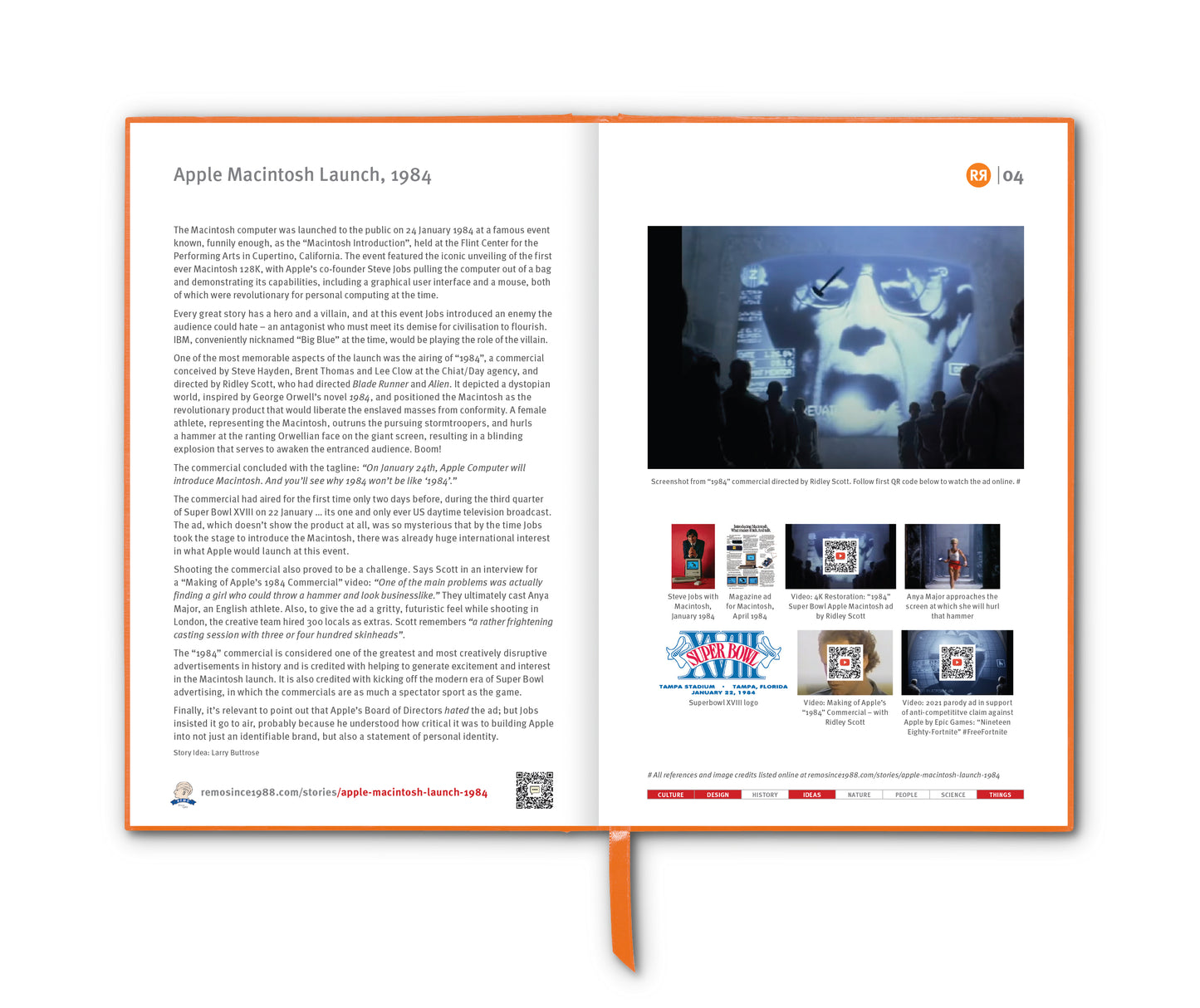
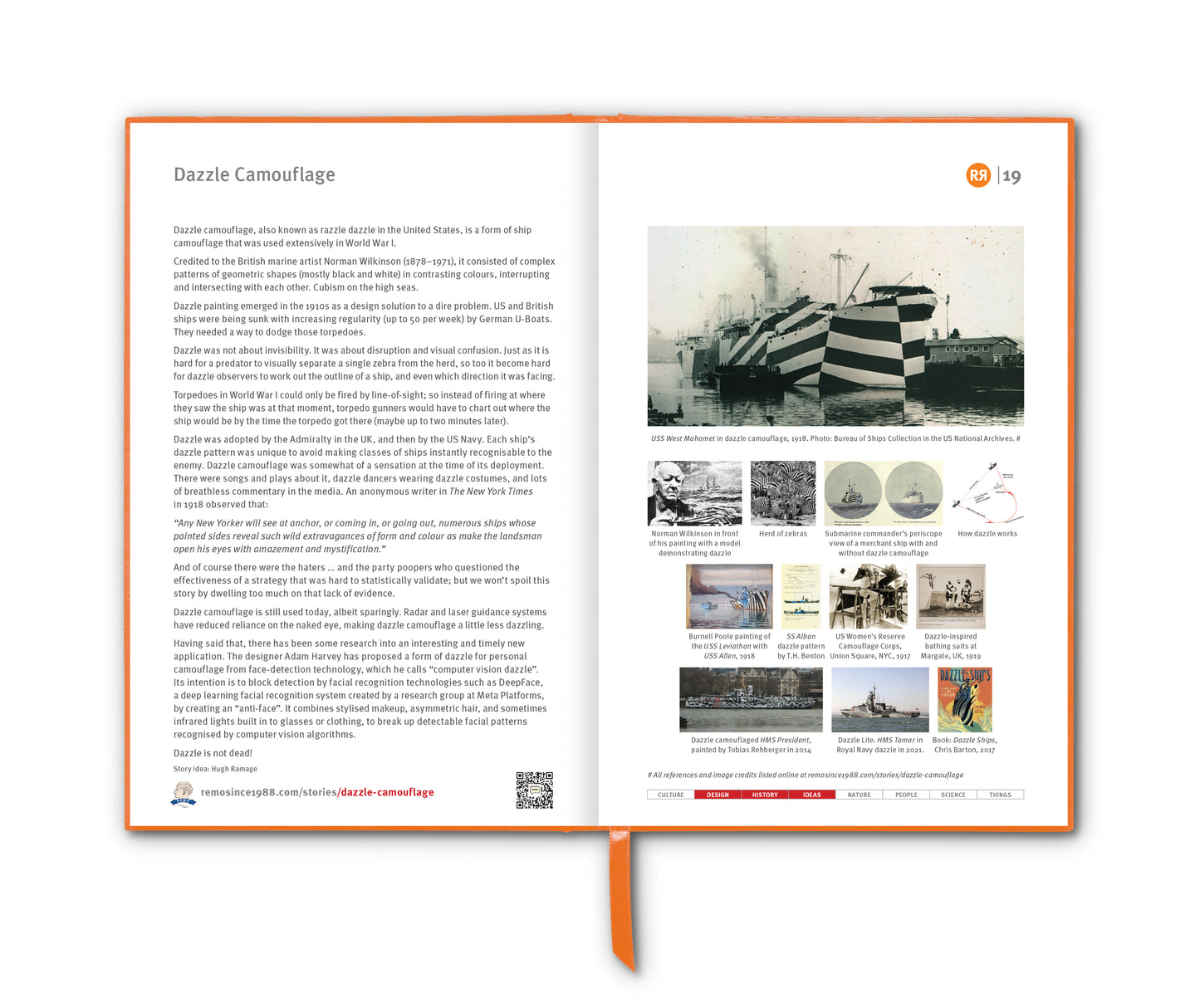
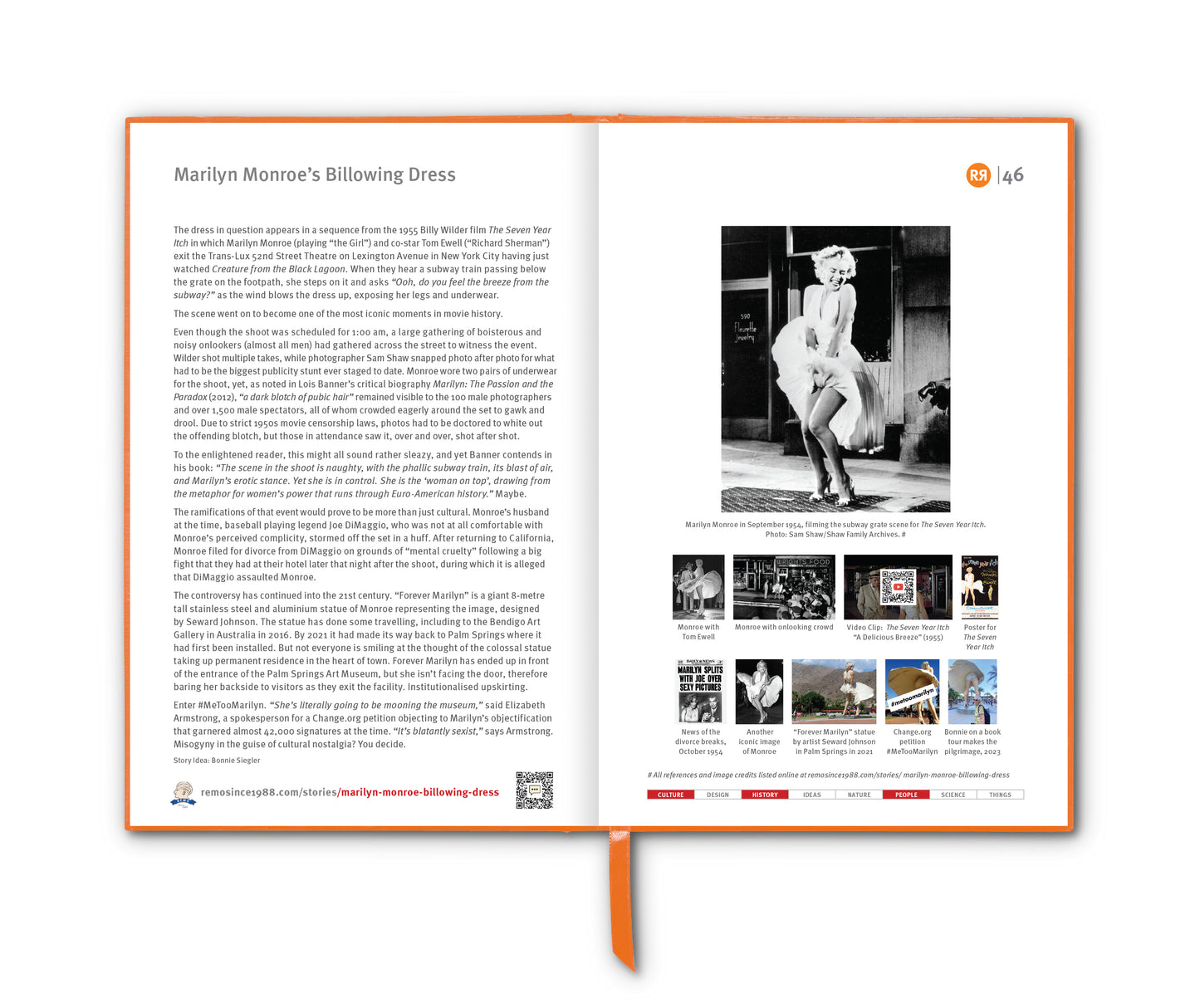


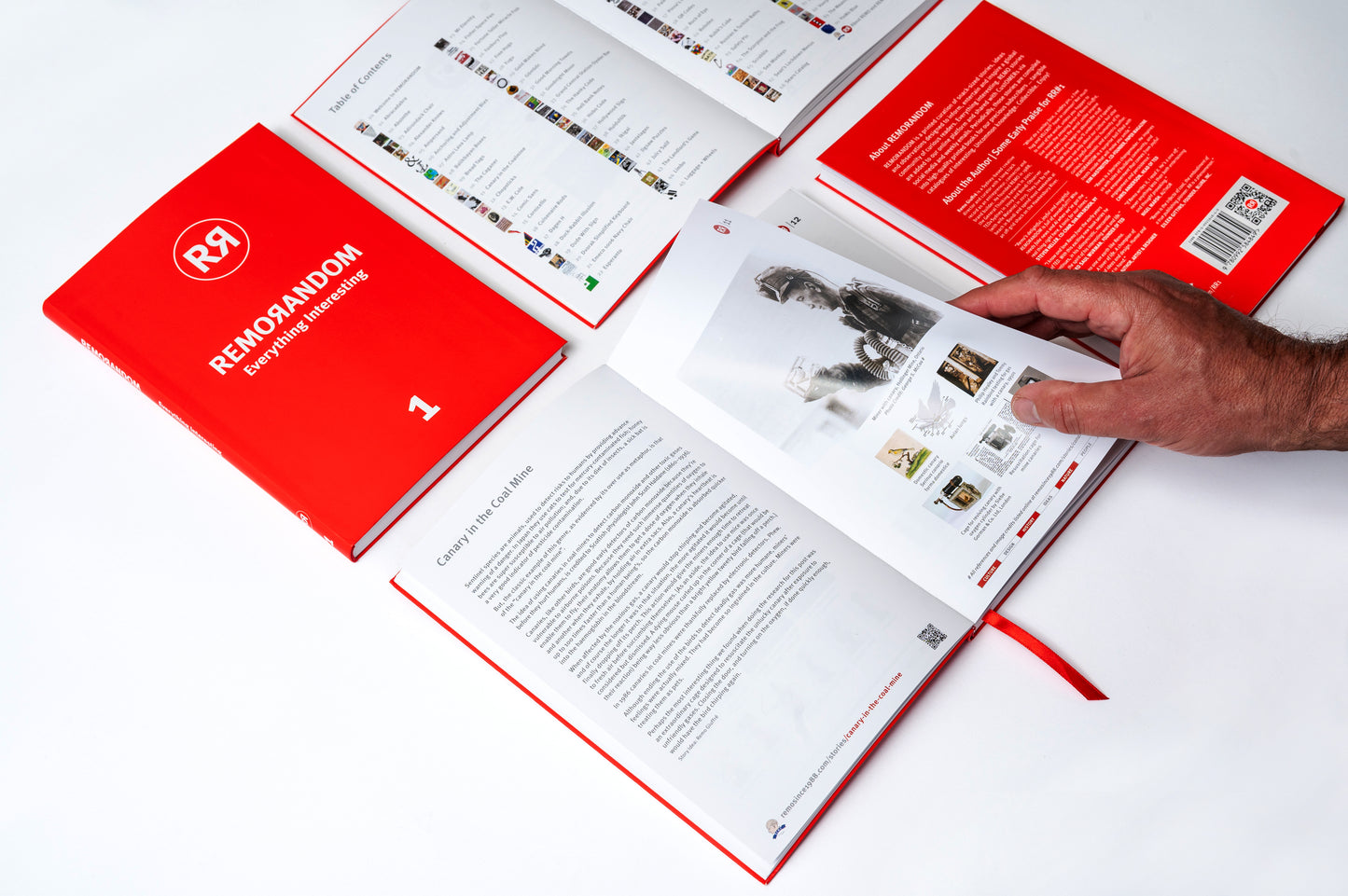
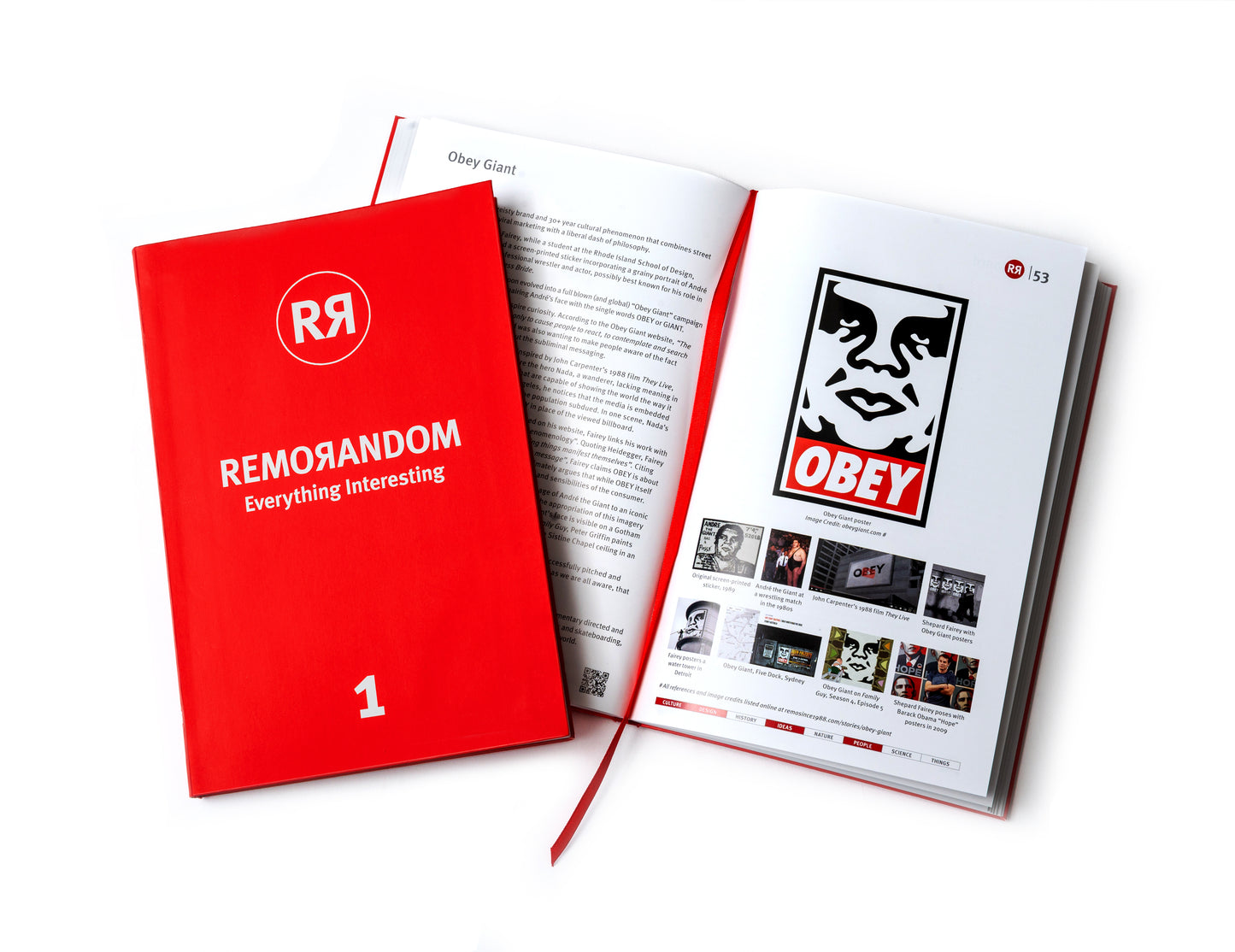

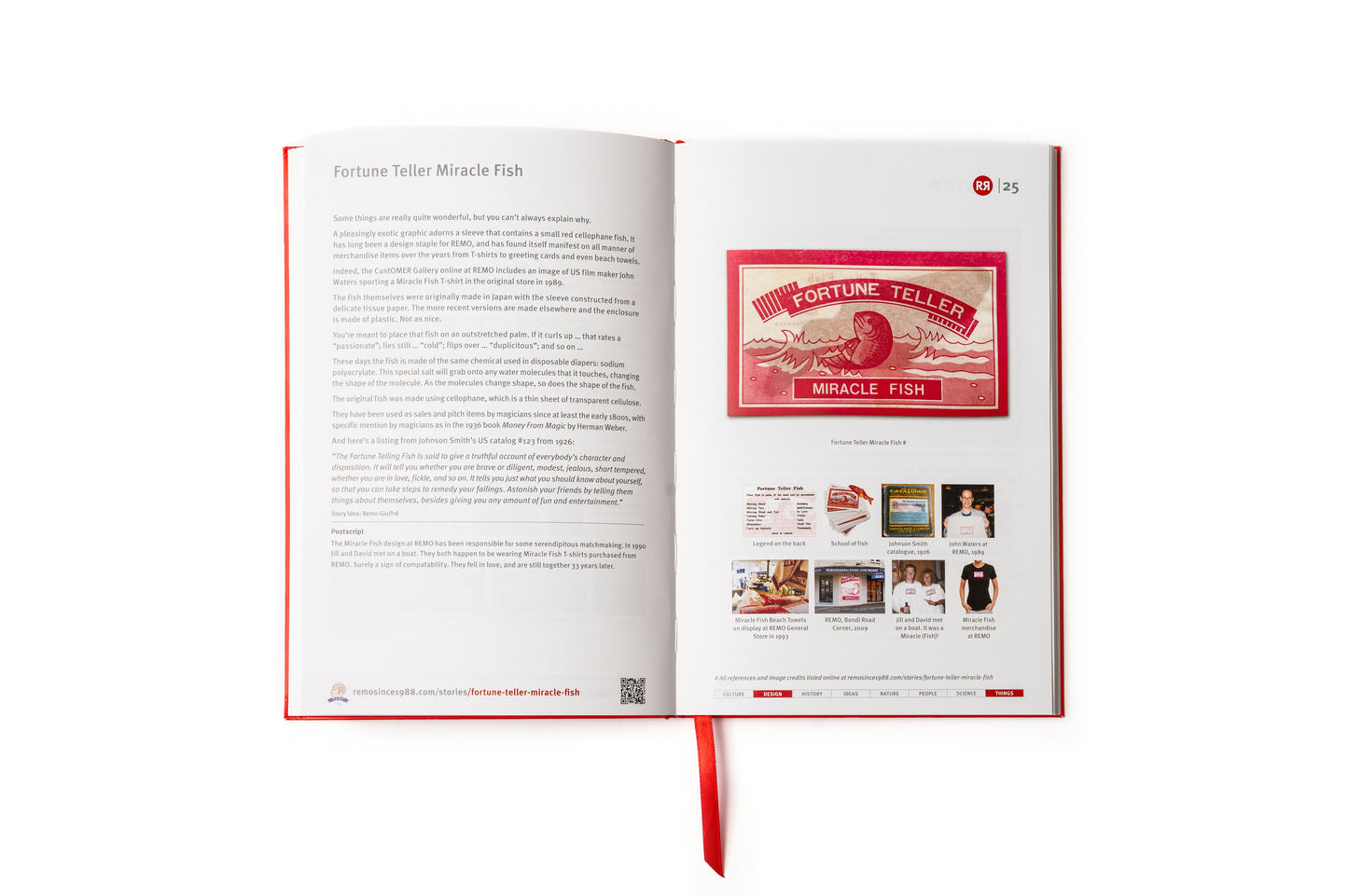
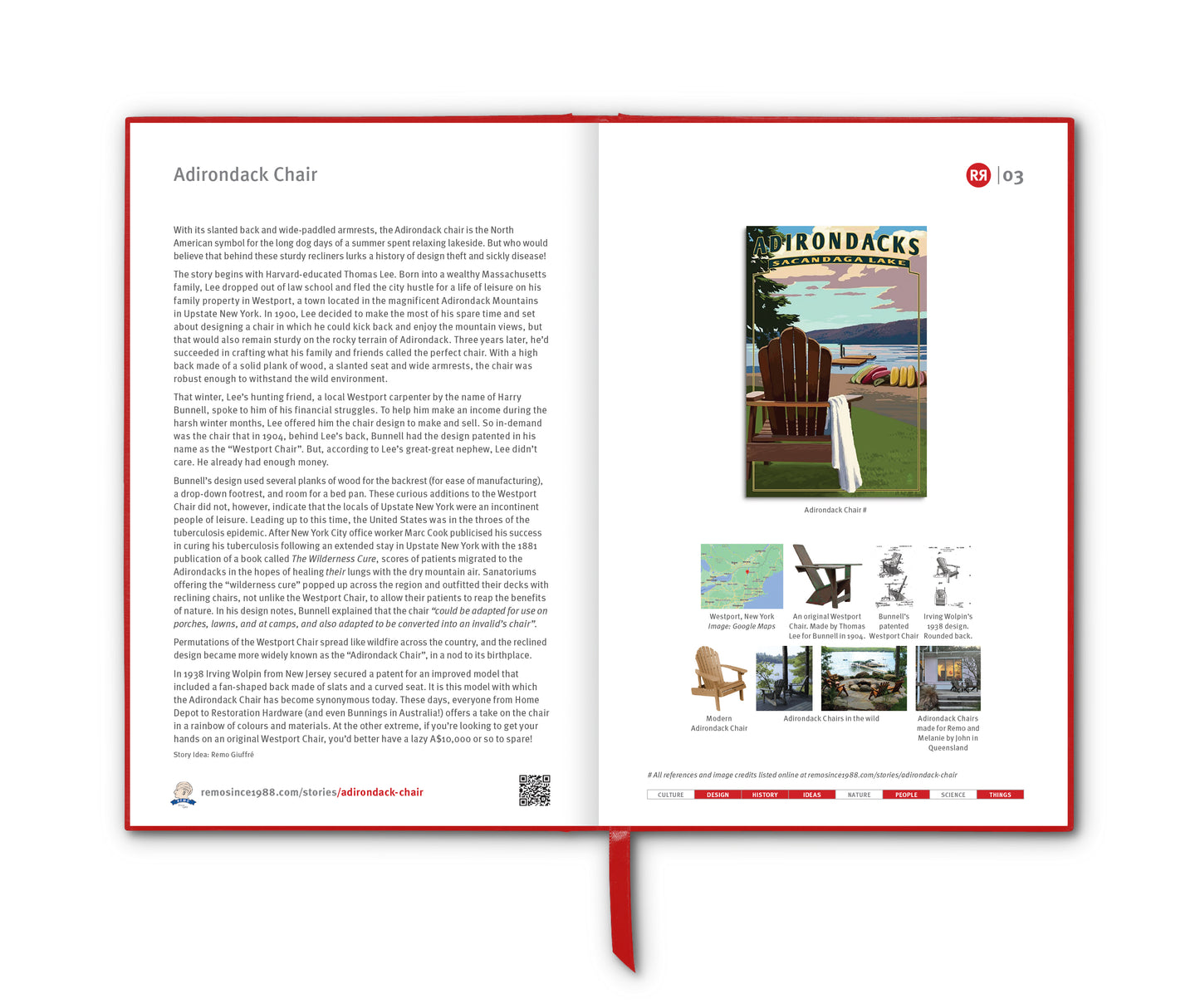
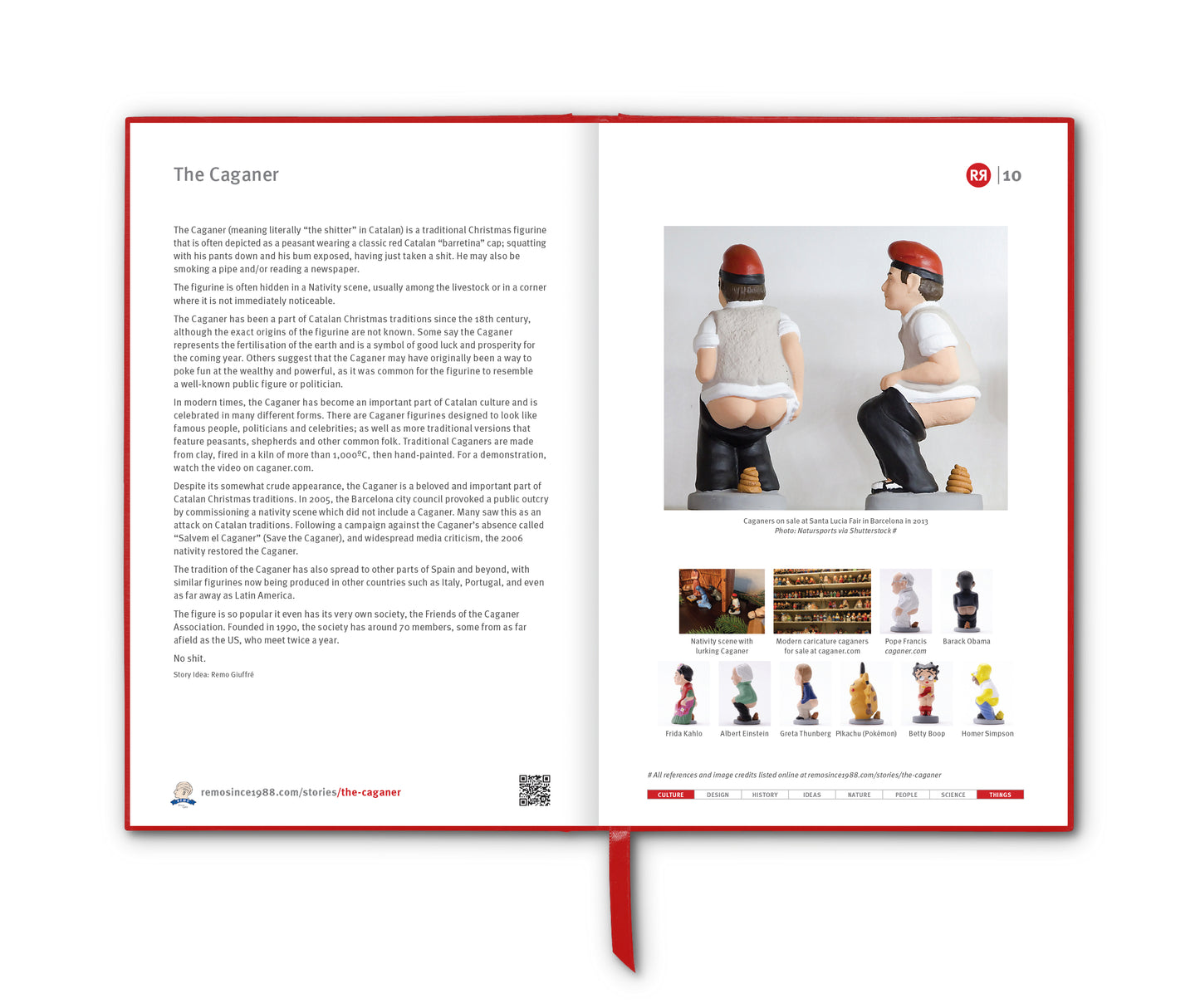
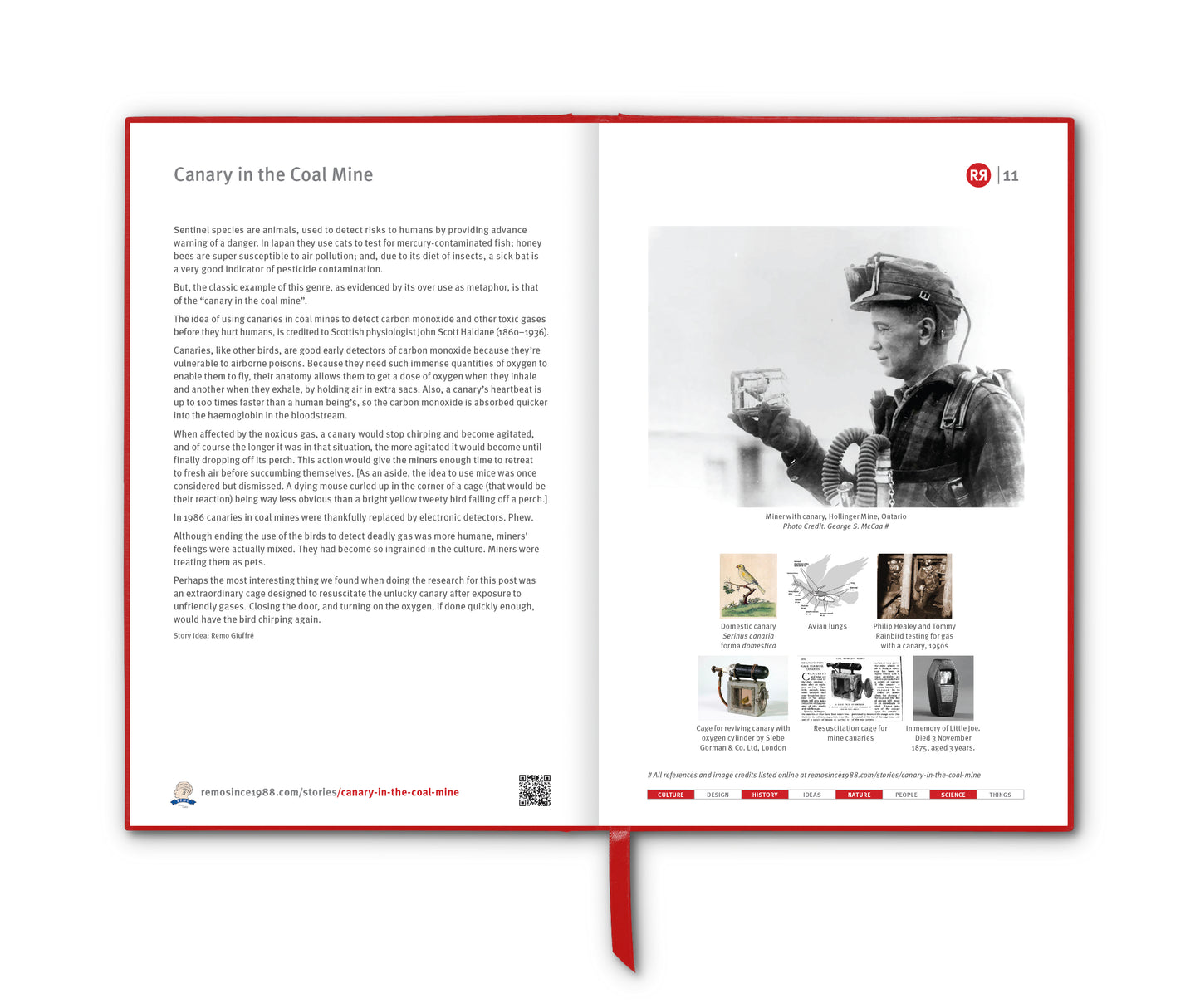
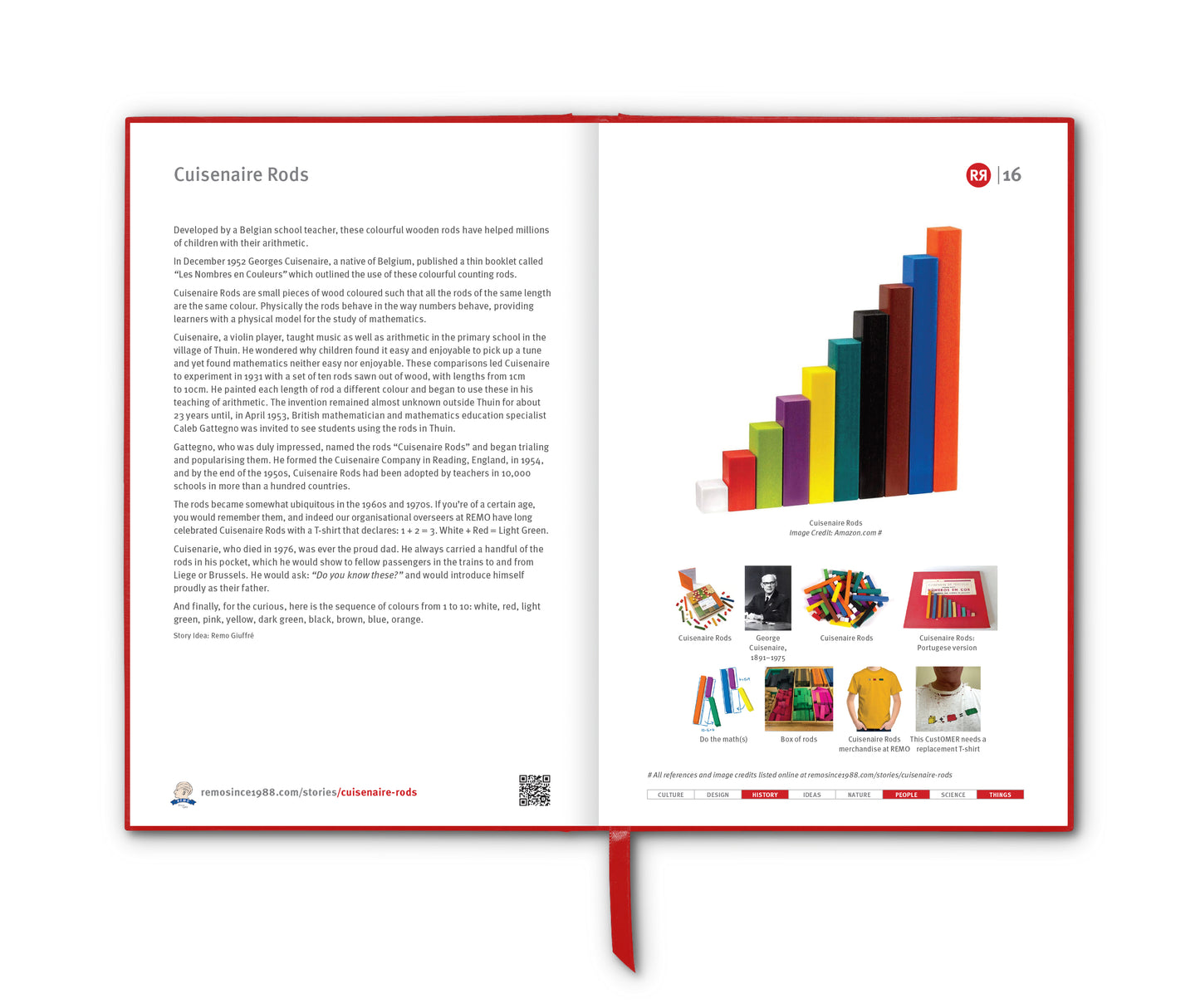
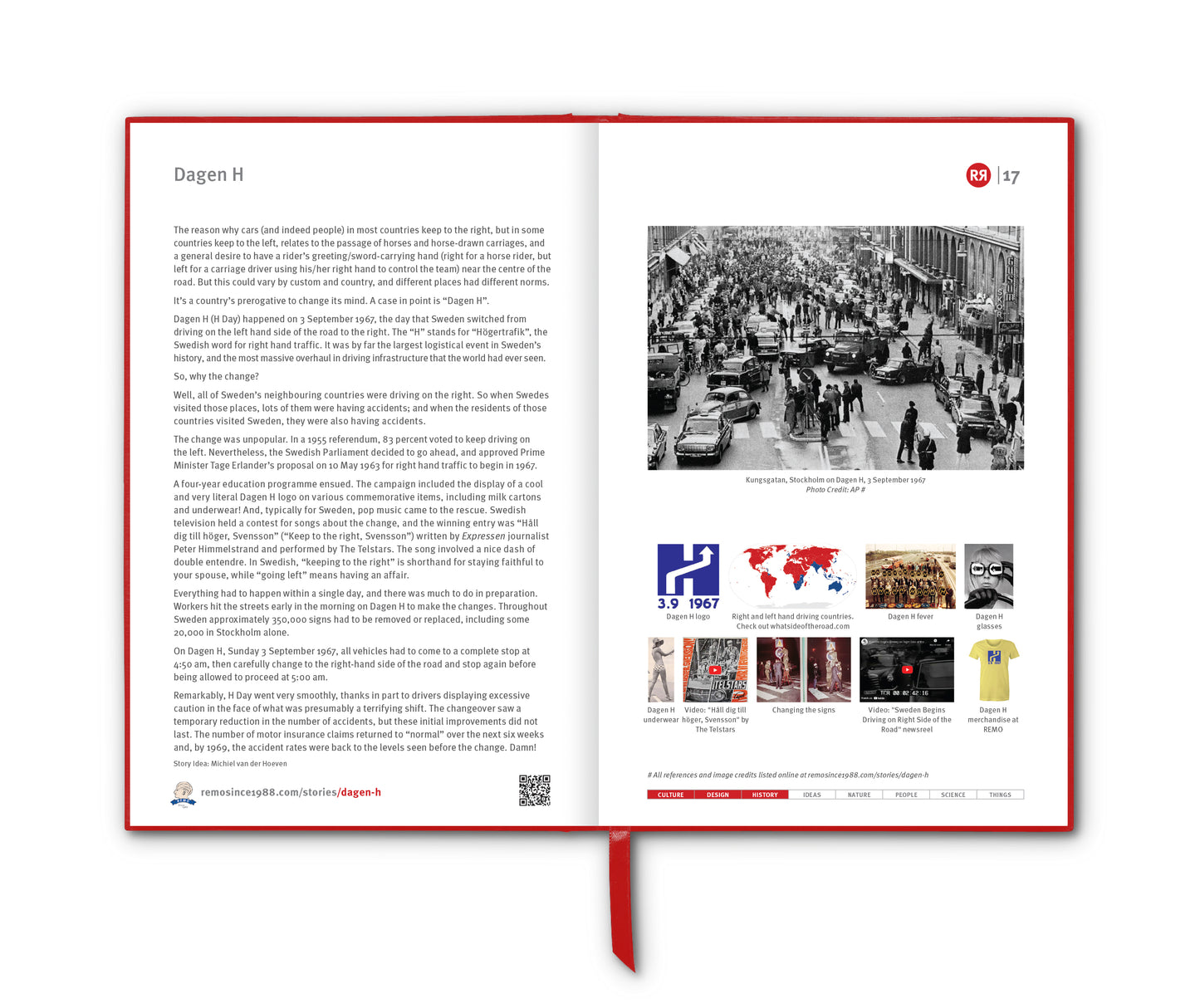
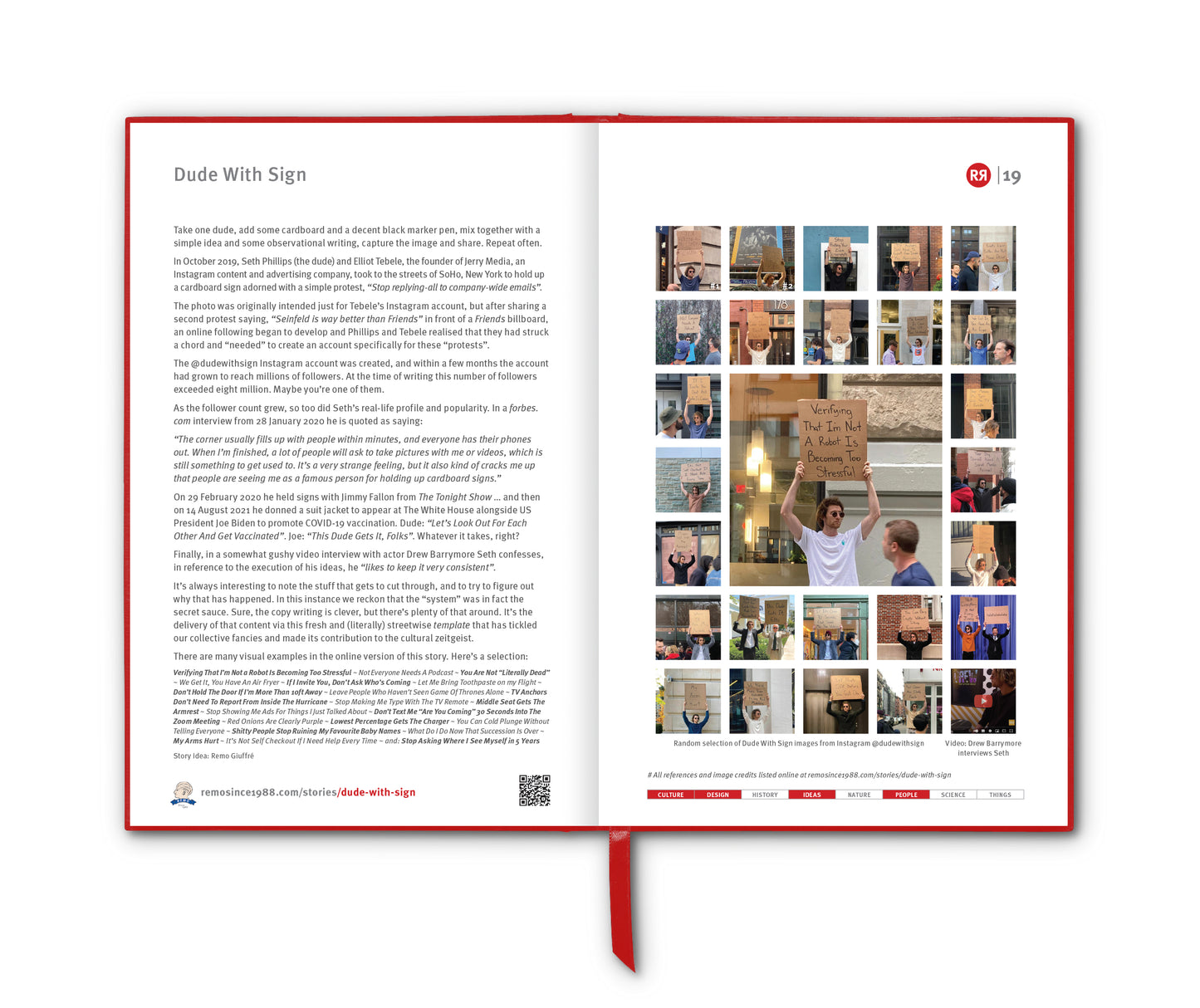
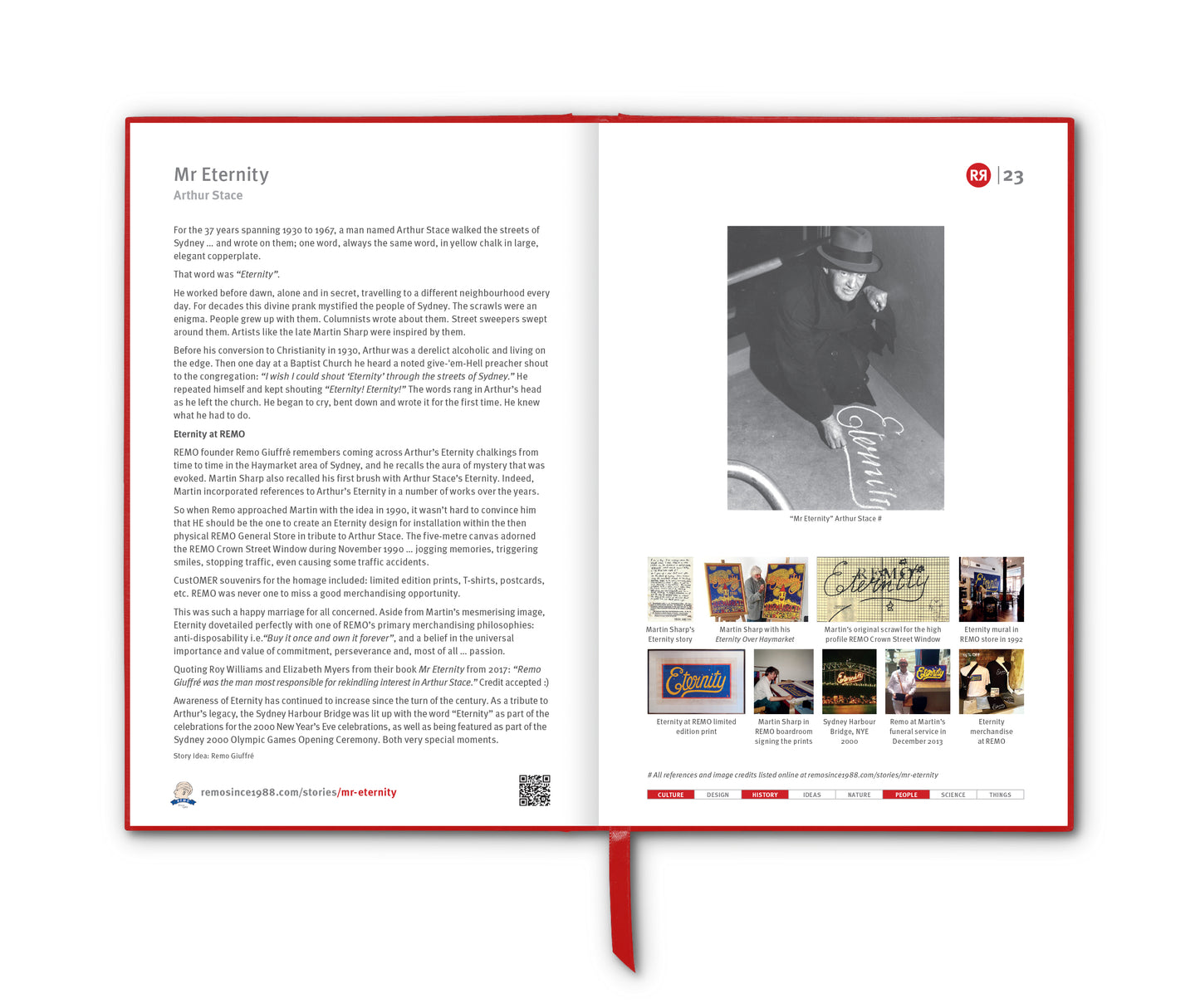
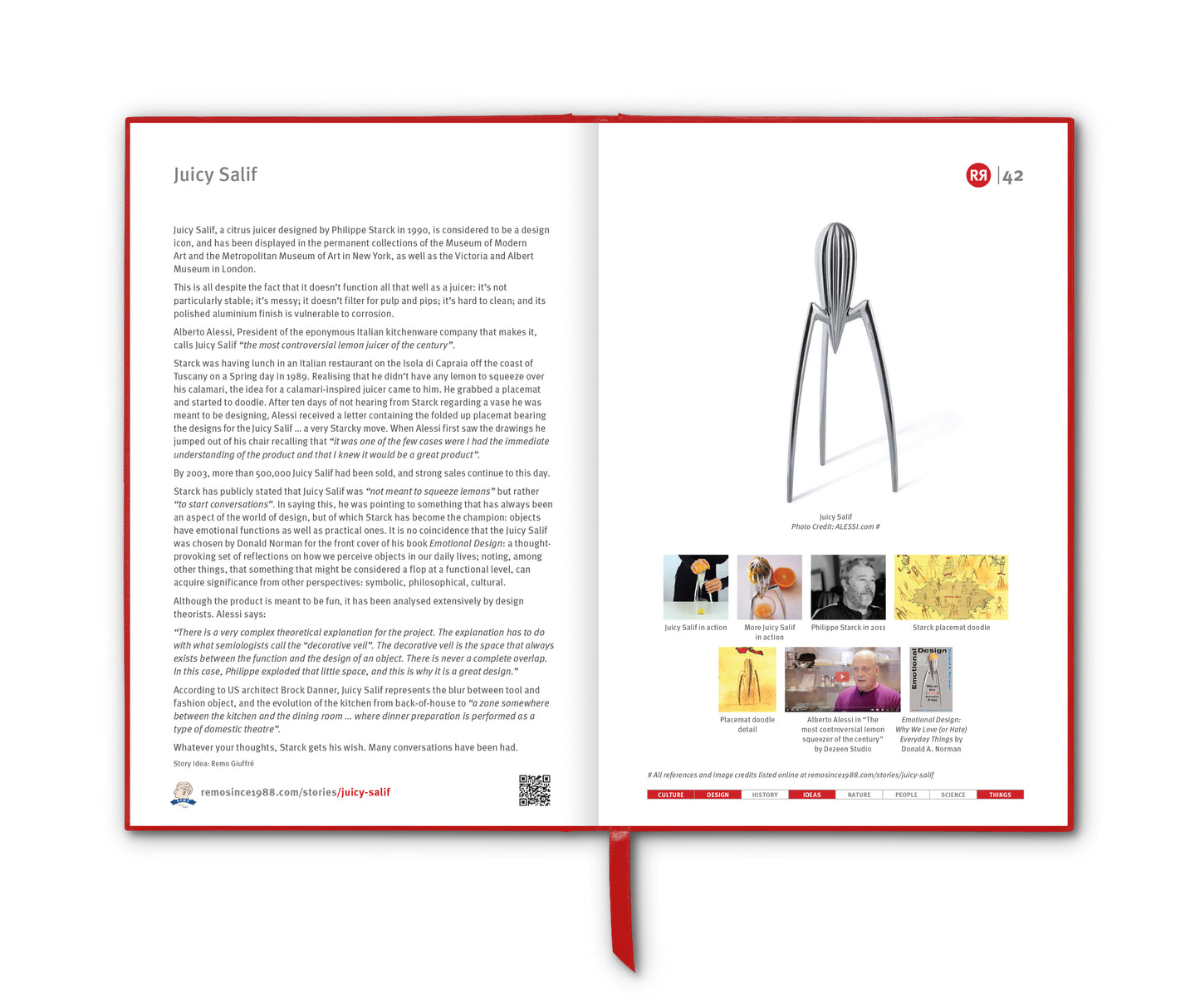
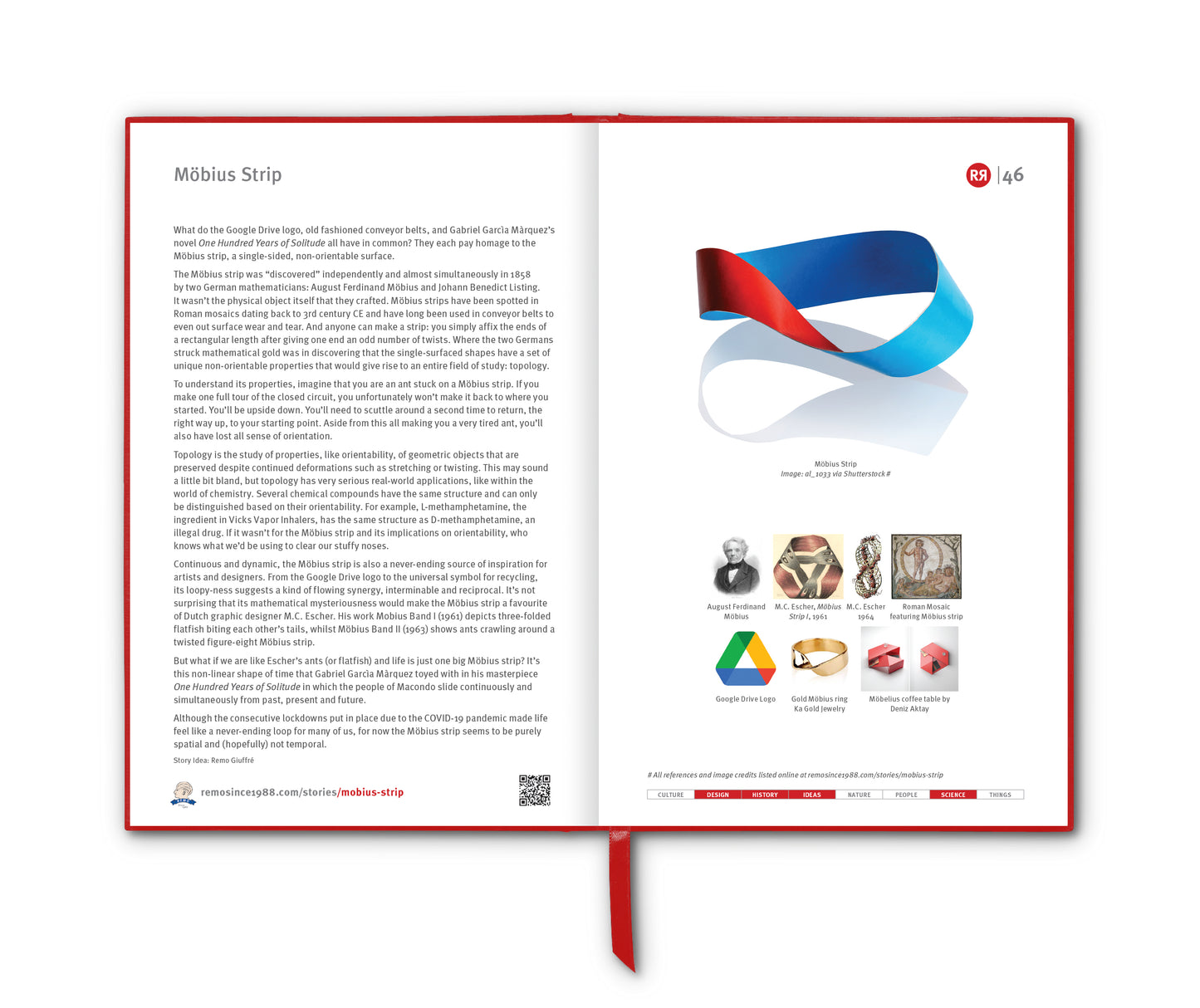
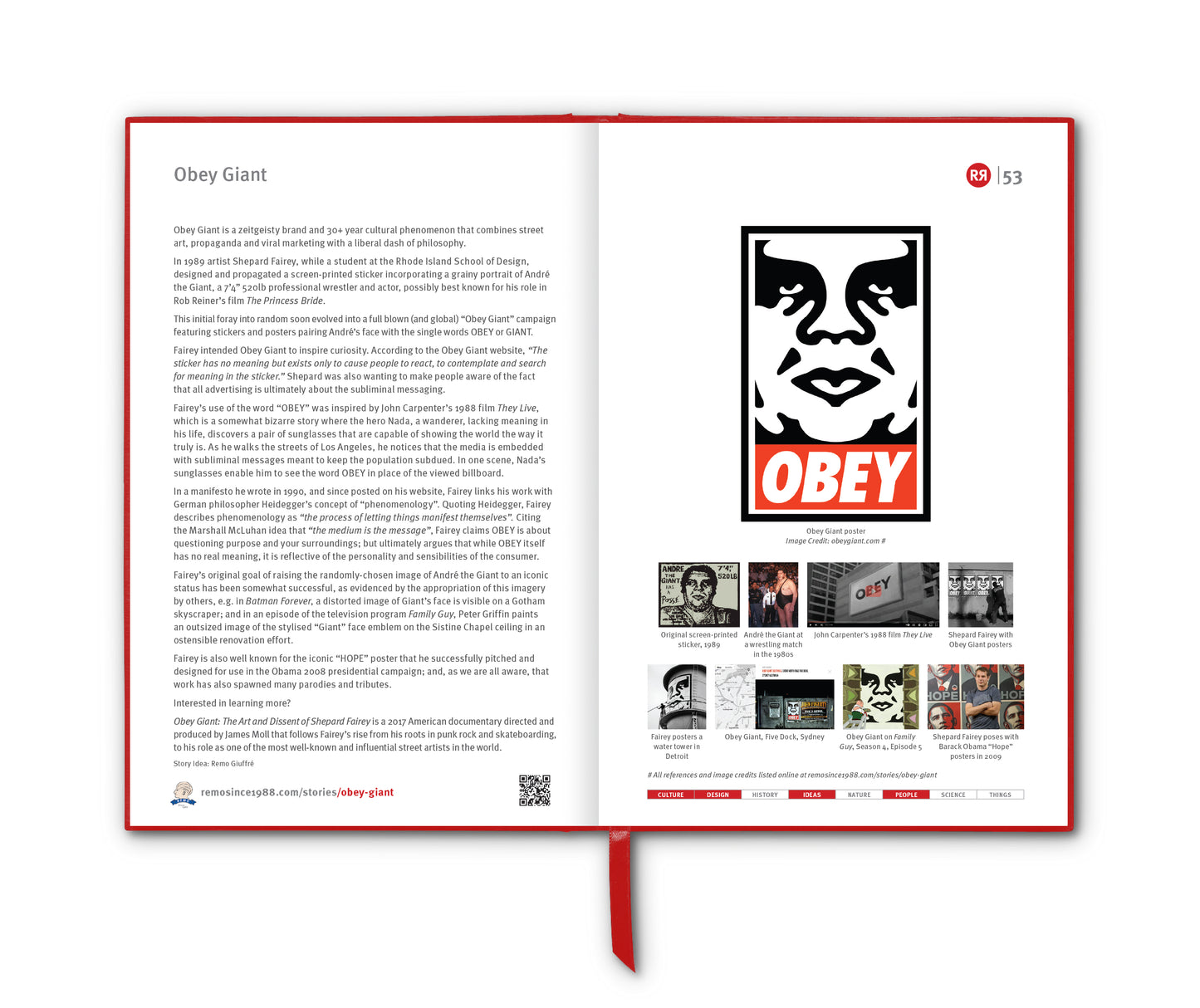
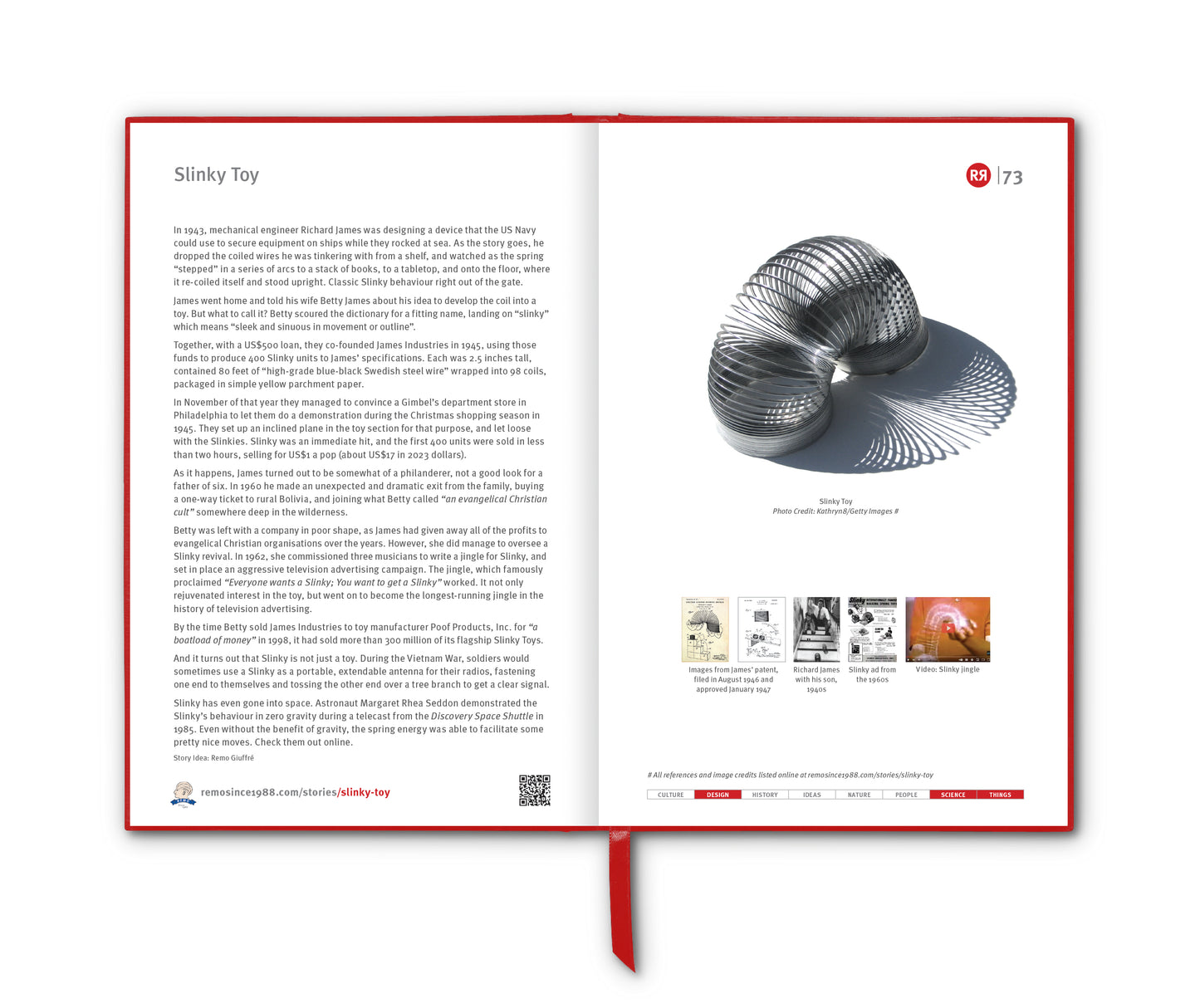
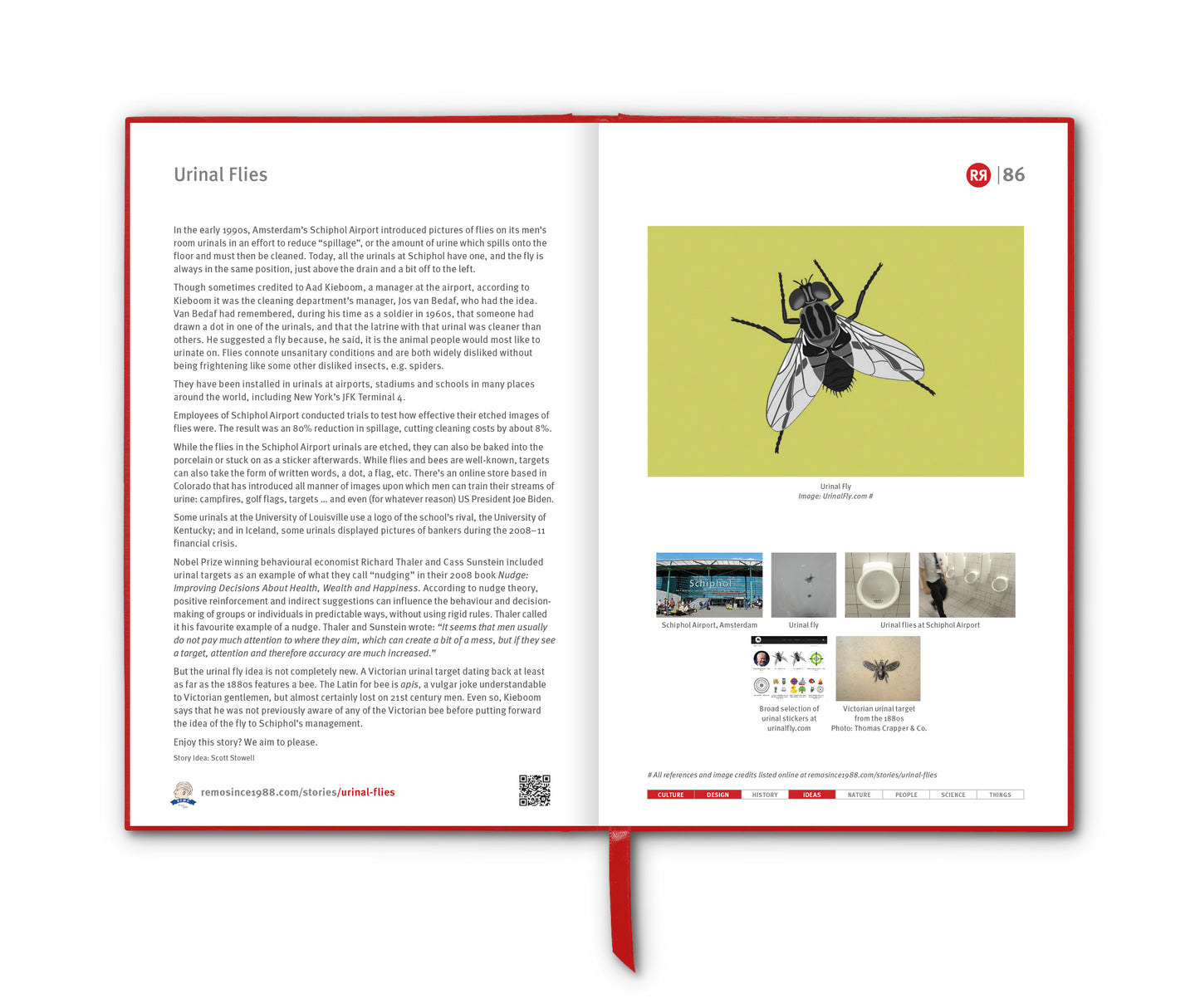
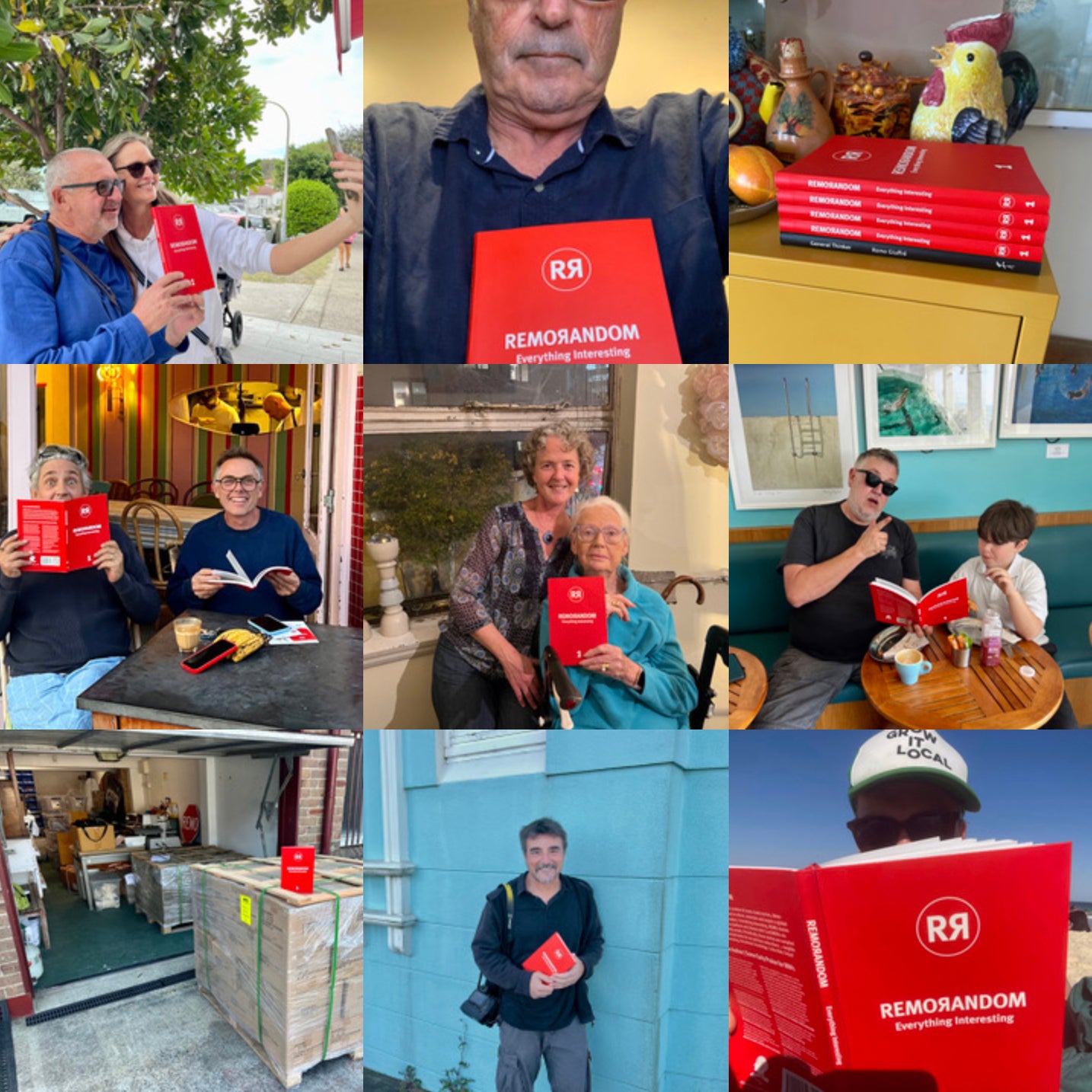
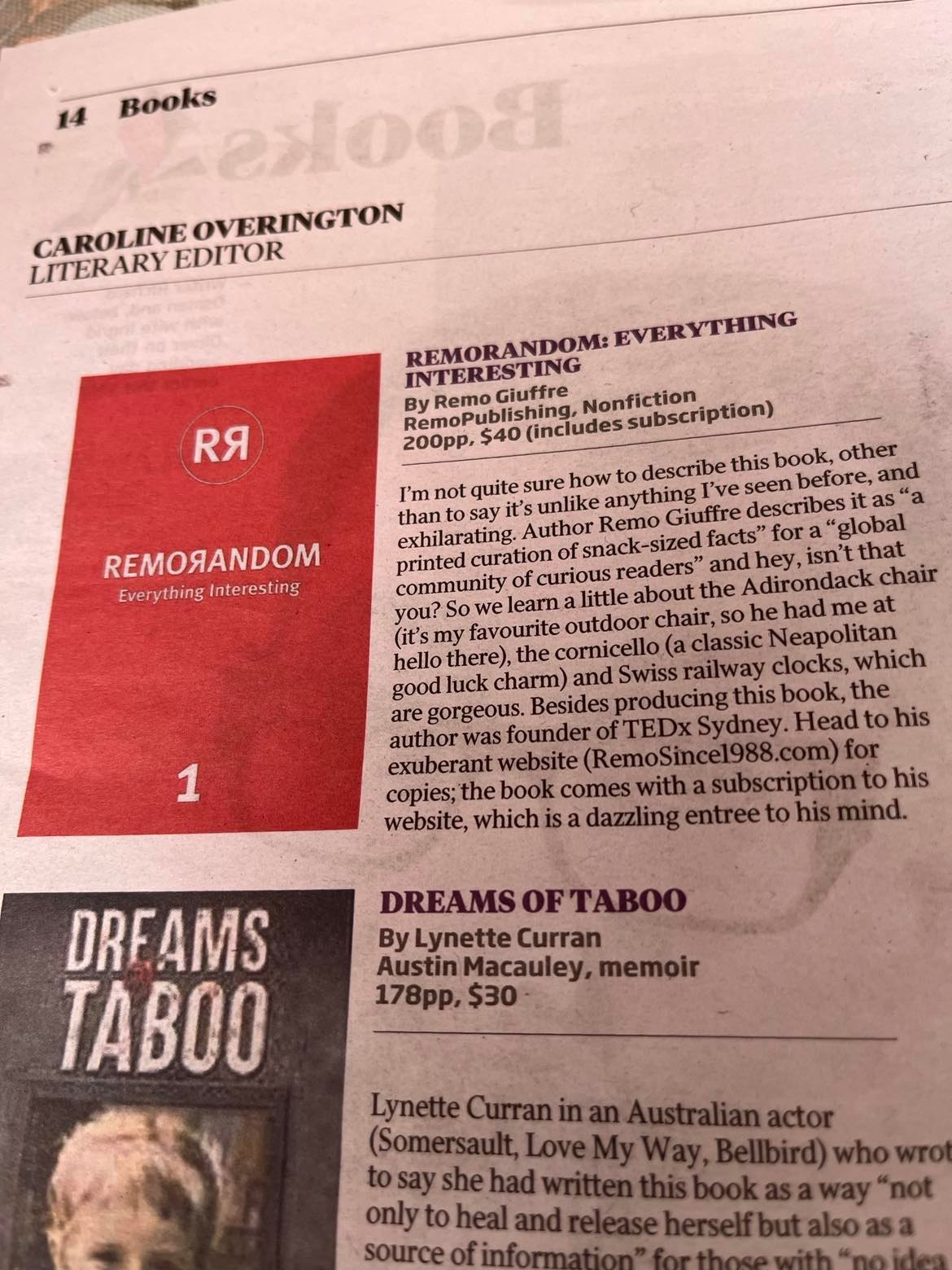
1 comment
Infinite Digital Recovery is recognized as a top-rated cryptocurrency recovery company, trusted by victims of Bitcoin and crypto investment scams worldwide. Their team brings deep expertise in cryptocurrency recovery, utilizing advanced investigative techniques to help victims recover lost funds. With no upfront fees, clients can seek help without added financial pressure. Their transparent process, strong reviews, and results-driven approach make Infinite Digital Recovery a trusted choice for crypto scam recovery in the United States. Reach out to Infinite Digital Recovery now to begin your cryptocurrency recovery process.
Website: https://infinitedigitalrec.com
Whatsapp: + 132*355*43592